Deflategate goes back to court: Six keys to the latest hearing
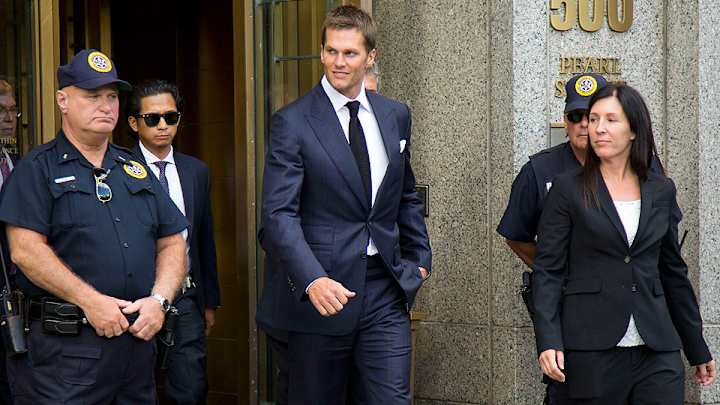
Attorneys for the NFLPA and NFL will be back in the courtroom of U.S. District Judge Richard Berman on Wednesday to meet for a new round of settlement discussions and arguments. Judge Berman will again implore both sides to seriously consider the possibility of settling their litigation. He will also pose different types of questions to the attorneys and might permit them to debate one another in oral arguments.
Here are six keys to the hearing:
1. Parties go to court with new report of specific settlement offer from Brady’s camp
This morning, ESPN’s Adam Schefter posted on his Facebook page that Brady would be willing to settle and accept a suspension, but only if an admission of fault referred to a failure to cooperate rather than participation in a ball deflation scheme. If this report is accurate—and it has been disputed by Albert Breer of the NFL Network—Brady would be making a significant concession to the NFL. He would be willing to accept a suspension (presumably a reduced suspension). Brady would also be admitting one form of misconduct, in spite of the fact that even Ted Wells testified he did not expect Brady would be punished for not turning over all electronic materials. To the extent Judge Berman considers the reasonableness of both sides in his decision-making, Brady’s reported offer should help him.
The NFL, however, is unlikely to accept this offer. The league seems heavily invested in its theory that Brady participated in, or at least had awareness of, an alleged ball deflation scheme. For the NFL and Goodell to now walk away from that theory would be a significant departure. On the other hand, the NFL would place some value in establishing precedent that a player who is not fully cooperative can be suspended. This would effectively expand Goodell’s powers to discipline players. Still, Brady’s alleged offer seems unlikely to convince the NFL to cut a deal.
2. The significance of Tom Brady’s absence from court
Judge Berman has indicated that neither Tom Brady nor Roger Goodell, who both attended last Wednesday’s hearing, must attend the hearing today. While it is unclear if Goodell will attend the hearing, multiple reports indicate that Brady will not attend. Brady is instead expected to practice with the New England Patriots at the New Orleans Saints training camp in White Sulphur Springs, W. Va.
Breaking down Brady's incendiary filing in federal Deflategate case
From the standpoint of whether Judge Berman will rule in favor of the NFLPA or the NFL, the presence of Brady and Goodell in court carries no consequence. Neither would testify and, beyond exchanging pleasantries, neither would likely speak to Judge Berman. Any substantive discussion and debate before Judge Berman would involve the attorneys; Brady and Goodell would merely play the role of spectators.
Also, in the unlikely event that attorneys for the NFLPA and NFL make real progress in their settlement discussions on Wednesday, Brady and Goodell would surely be reachable by phone and be able to get to New York City within hours. It’s also fair to assume that NFLPA attorneys and Brady have already held extensive discussions about what types of potential settlements he would find acceptable. NFL attorneys and Goodell have likely held the same type of conversations. The legal teams are thus not disadvantaged in any way by absences of Brady and Goodell.
On the other hand, the absence of Brady and possibly also Goodell suggests that no settlement is close. Both would be in court to finalize a settlement. Brady’s absence also follows his participation in settlement talks in New York City on Tuesday. His direct involvement in those talks raised hope that a settlement might be within striking distance. It appears that is not the case, as Brady left New York City later on Tuesday. Moreover, Brady could have simply been showing solidarity with the NFLPA as well as trying to signal to Judge Berman that he takes the settlement discussions seriously.
3. No witnesses are expected to testify
A media report surfaced last week that witnesses might testify before Judge Berman on Wednesday. This report was surprising for at least two reasons. First, both sides previously agreed that Judge Berman would only consider the evidence and testimony used by Goodell to uphold Brady’s suspension. New testimony would run counter to that agreement. Second, a federal court review of an arbitrator’s award normally does not involve courtroom testimony by witnesses. The judge is expected to show high deference for the factual record as compiled by the arbitrator rather than conduct what would amount to a mini-trial with witnesses and examination of evidence. To the extent any testimony is used, it is usually through sworn statements.
According to sources familiar with the litigation, no witnesses will testify on Wednesday and none are likely to testify in this proceeding going forward. Although Judge Berman has raised questions about the evidence, it is unlikely he will demand that witnesses testify in court to explain the evidence.
4. Expect more debate about process and procedure this time around
The Most High-Profile Suspensions in American Sports History
Hope Solo (2015)
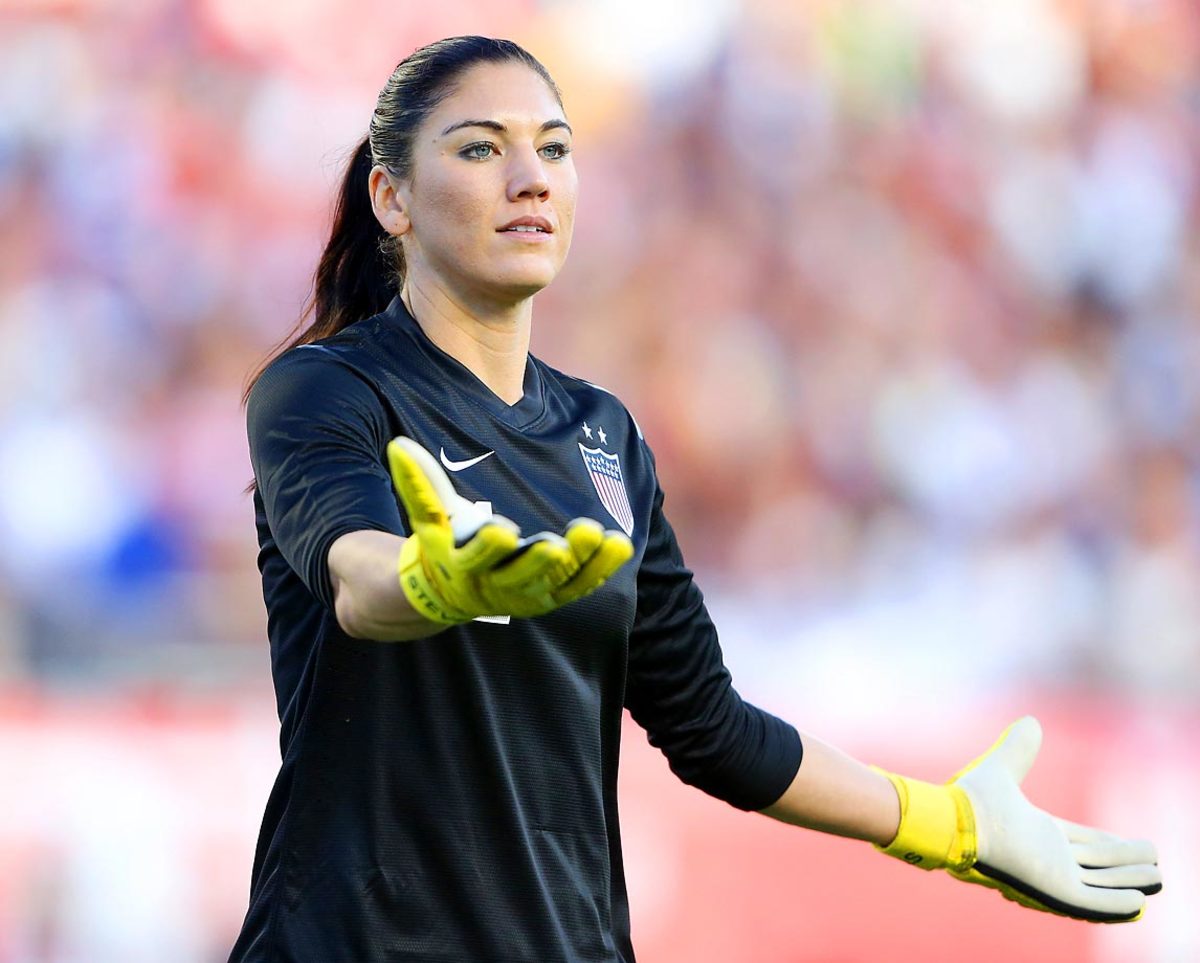
CAPTION: Hope Solo, the goalie of the USWNT, was suspended for six months in late August 2016, following her comments at the Summer Olympics when she called the Swedish players “cowards” for their defensive style in eliminating the U.S. in the quarterfinals. She joins a long list of high-profile athletes who were suspended during their careers.
Draymond Green (2016)
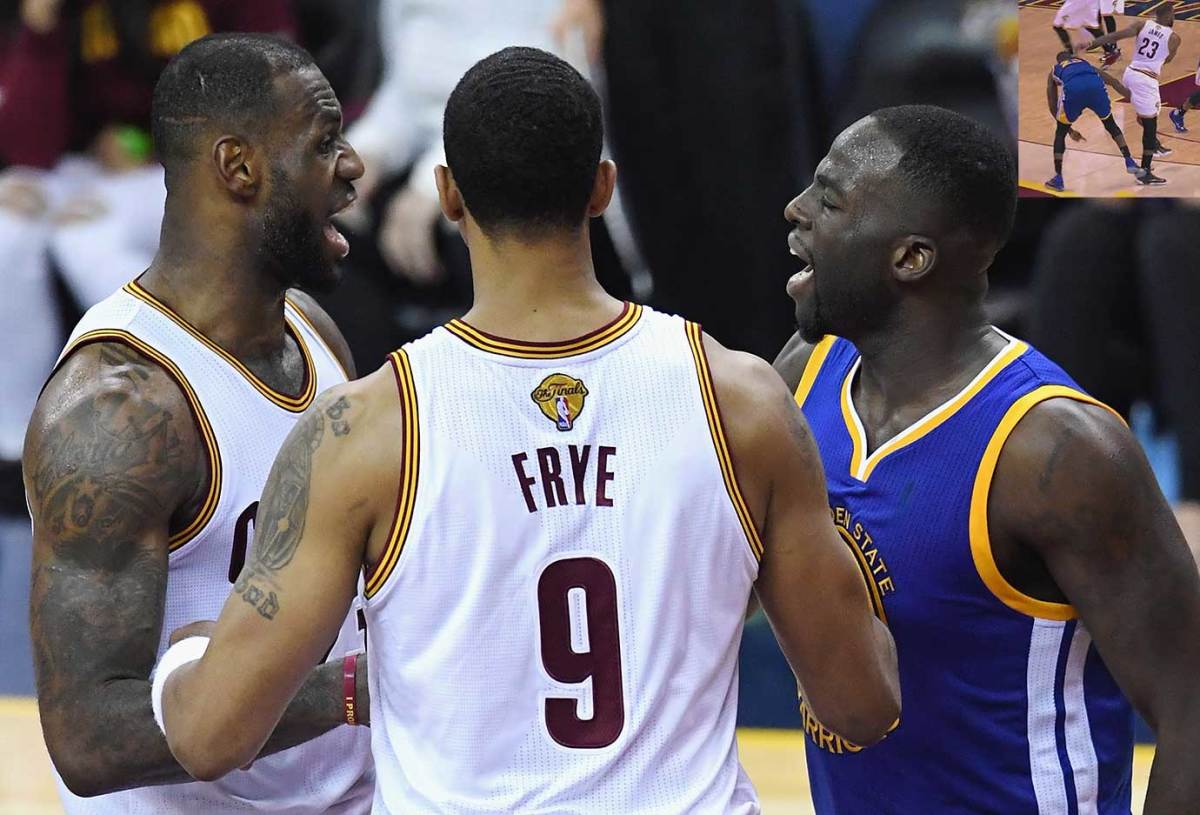
Golden State power forward Draymond Green (right) was suspended for Game 5 of the 2016 NBA Finals after he appeared to have hit LeBron James in the groin area in Game 4.
Rougned Odor (2016)
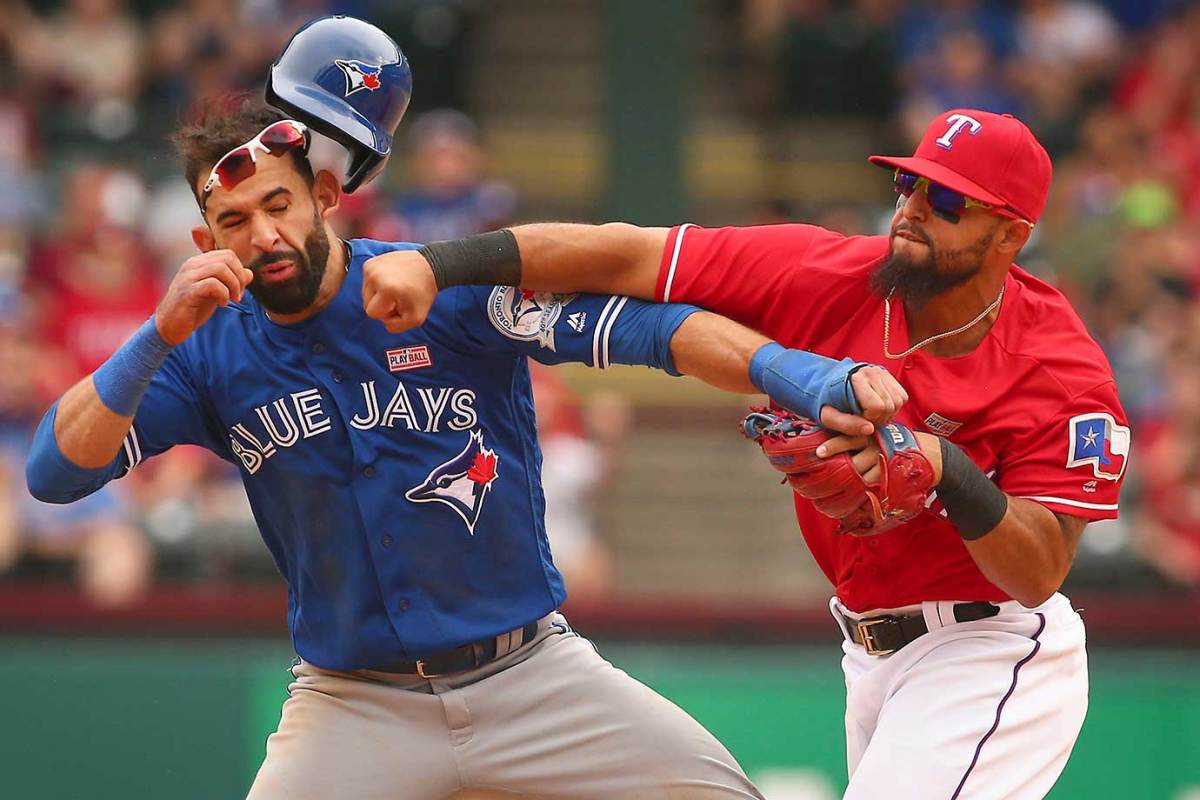
Rougned Odor (right) of the Texas Rangers received a seven-game suspension and Jose Bautista a one-game ban on the heels of their May 15, 2016, fight in Arlington, Texas.
Tom Brady (2016)
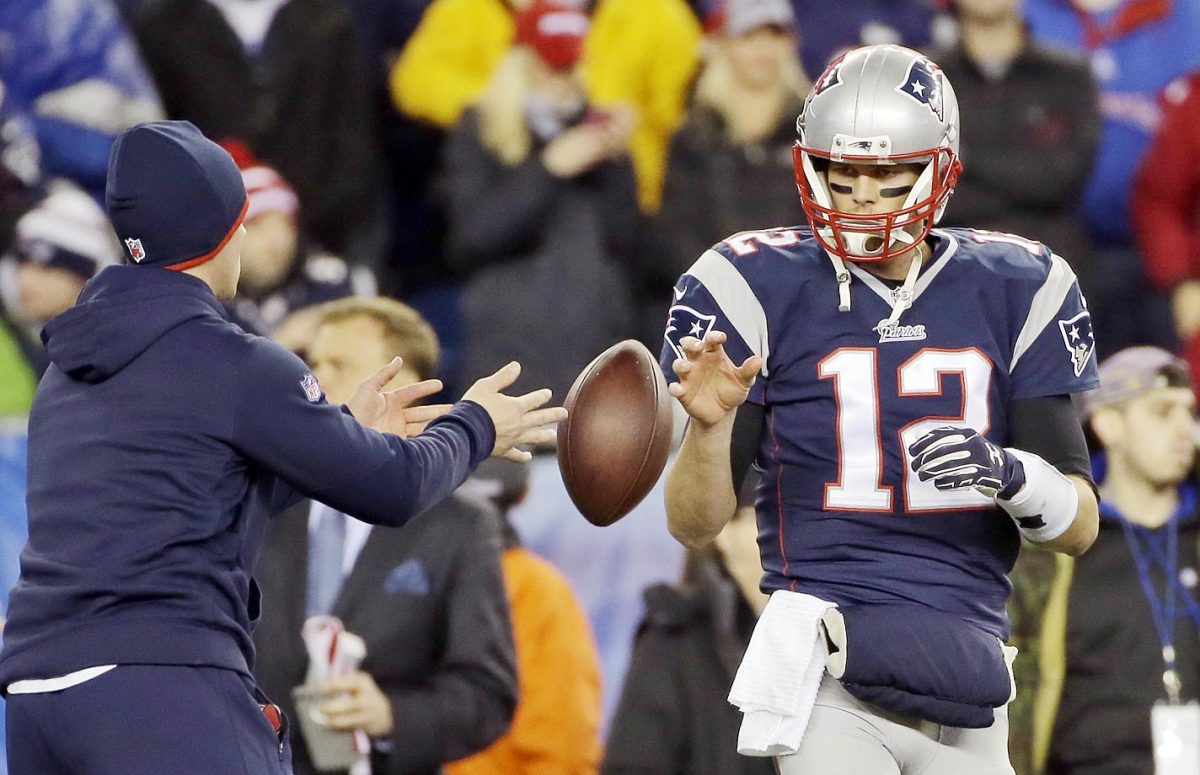
A United States appeals court reinstated Tom Brady's four-game suspension on April 25, 2016, which the NFL originally handed down for his alleged role in a scheme to deflate footballs before the AFC Championship Game on Jan. 18, 2015.
Adrian Peterson (2014)
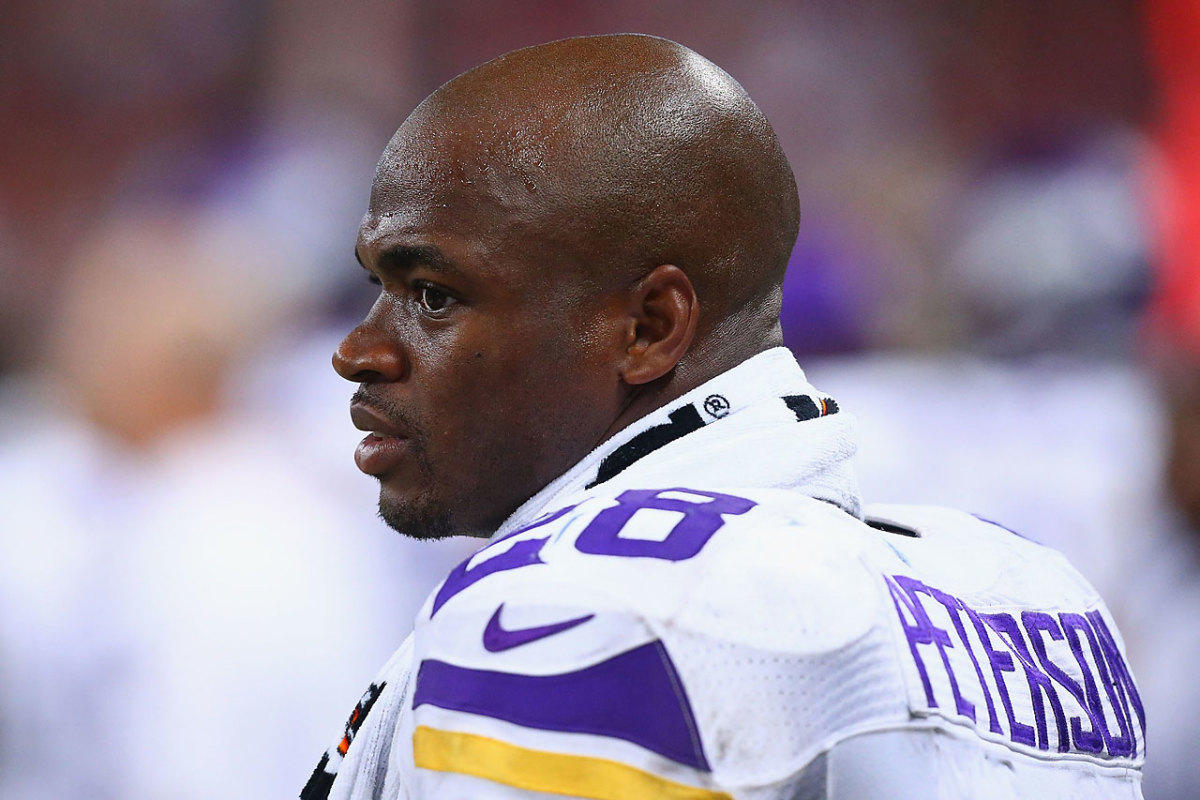
The Minnesota Vikings running back was suspended for the final 15 games of the 2014 season after it was learned he had disciplined his 4-year-old son by hitting him with a wooden switch.
Sidney Crosby (2015)

The Penguins captain was handed a one-game ban by the NHL for declining to participate in the 2015 All-Star Weekend festivities in Columbus. Crosby claimed to have a lower-body injury. The league, which requires all high-profile hands to be on deck for such events, did not believe him.
Jon Jones (2015)
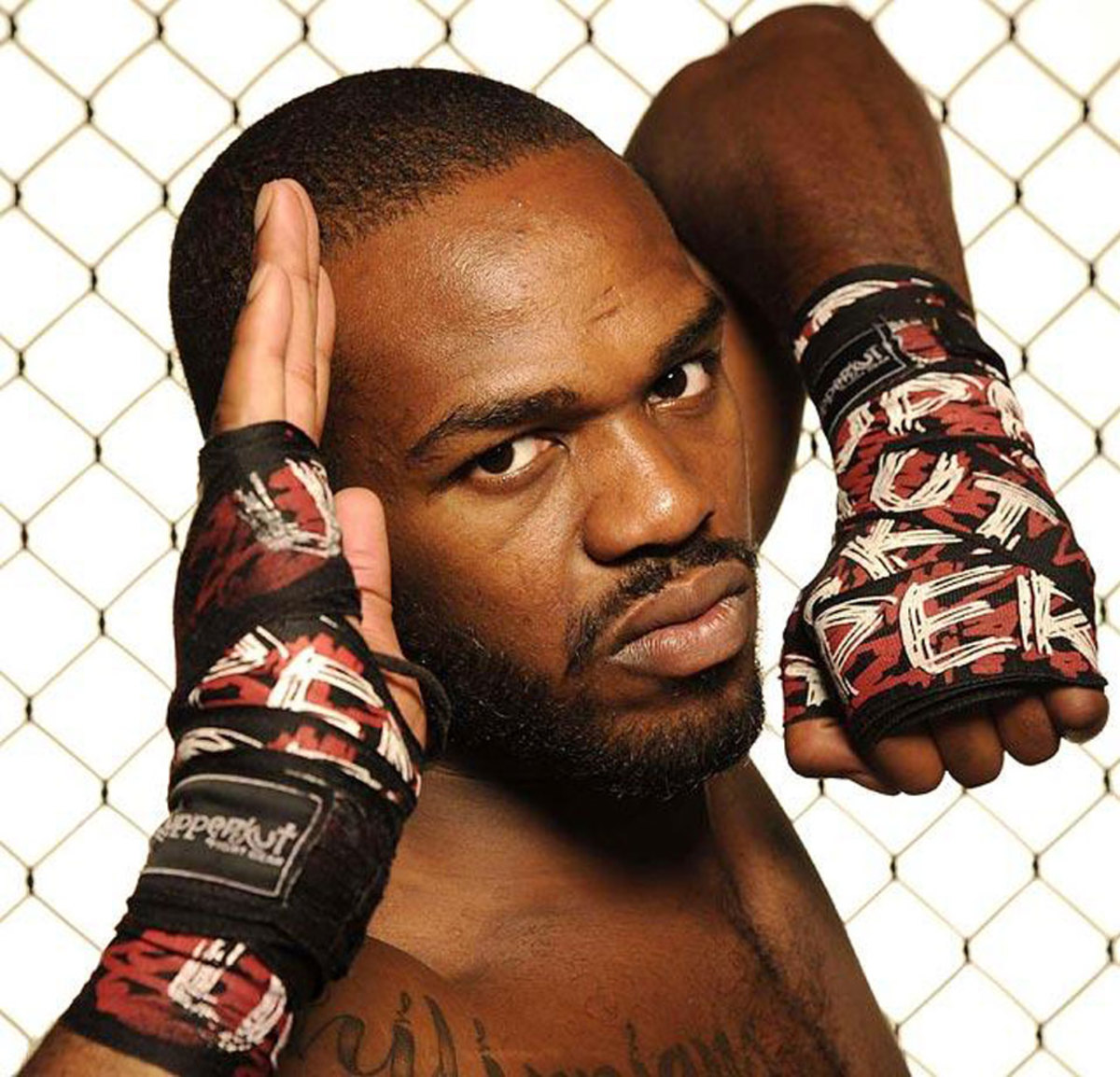
The UFC suspended its light heavyweight champion indefinitely in the wake of his arrest for a hit-and-run accident in April 2015. Roughly an hour before the suspension was reported, Jones tweeted his remorse for his actions recently, saying he was "sorry to have let everyone down."
Kurt Busch (2015)
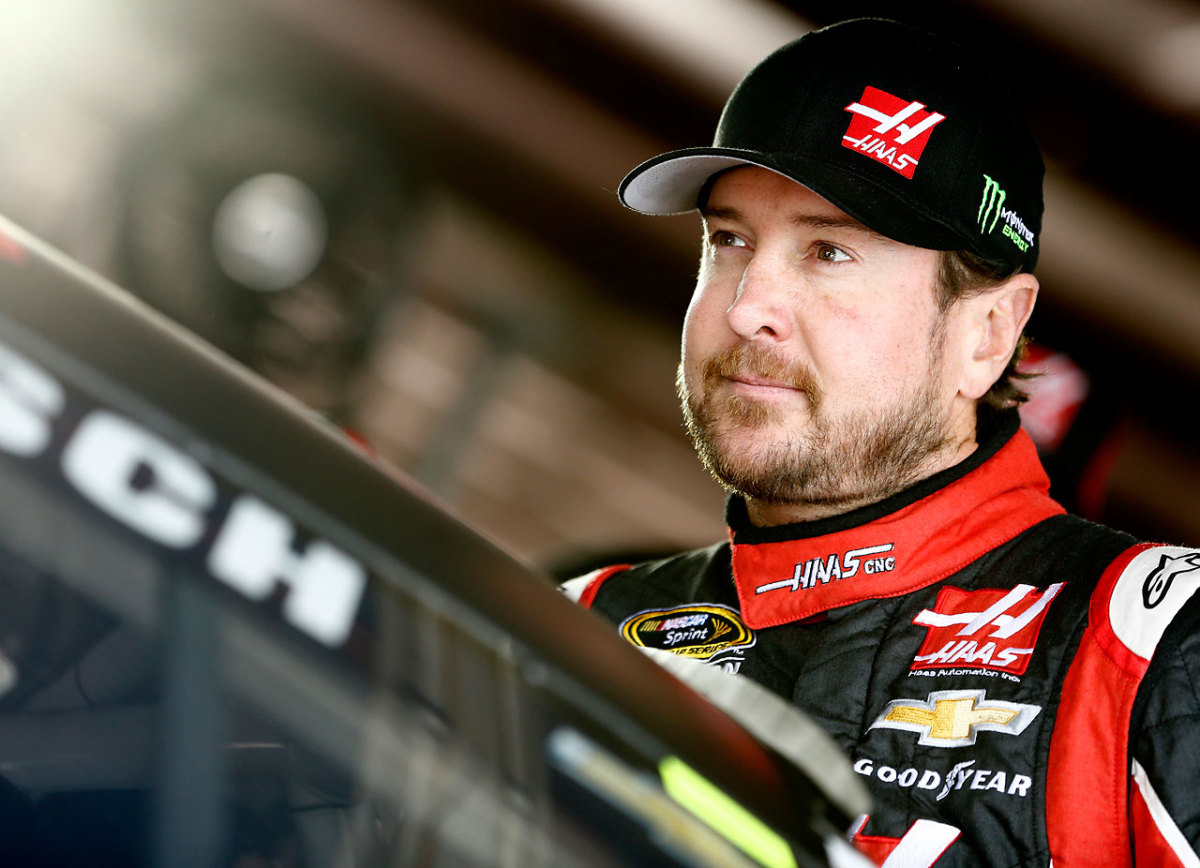
NASCAR suspended the driver indefinitely for conduct detrimental to stock car racing when a judge ruled he probably choked and beat a former girlfriend in fall 2014. It was Busch’s third career suspension. He was banned the final two races of 2005 after being pulled over by police in Arizona and in 2012 he sat out a race after threatening a reporter.
Michael Phelps (2014-15)
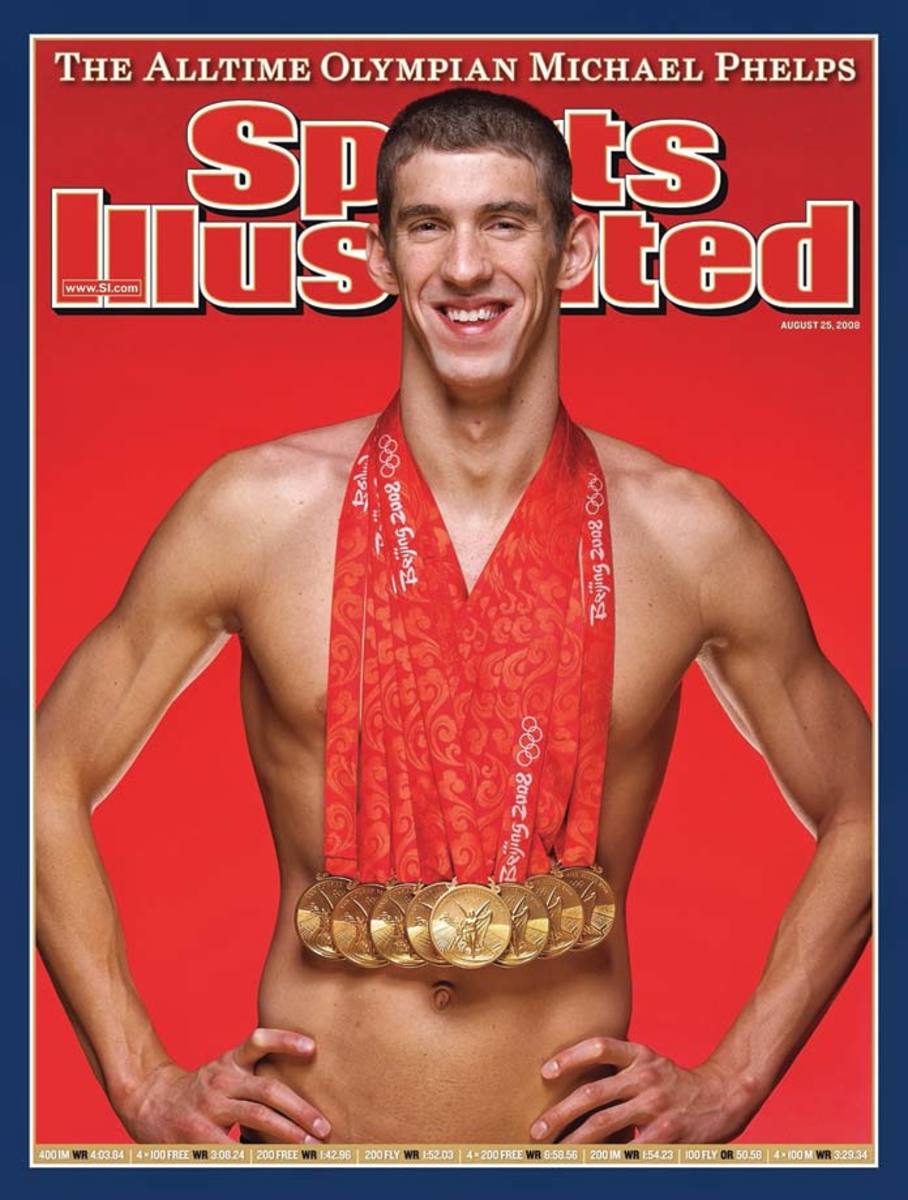
The most decorated Olympian in history picked up a six-month suspension from USA Swimming in October 2014 after being arrested for driving under the influence in Baltimore. Phelps is back swimming this summer, hoping to earn another Olympics berth in 2016.
Alex Rodriguez (2014)
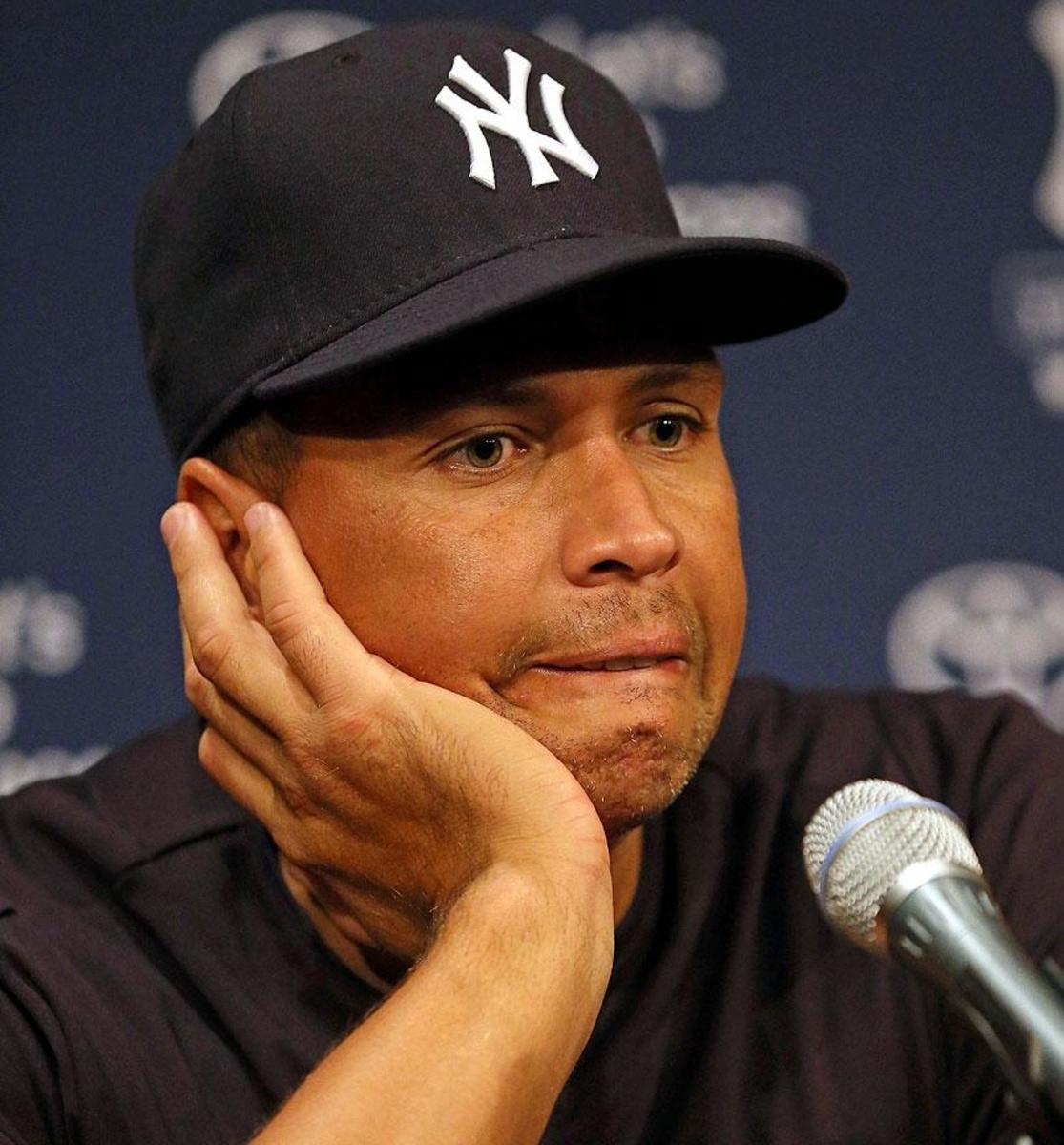
A-Rod missed the entire 2014 season following his suspension for using banned drugs “over the course of multiple years” and attempting to cover up his use.
Maria Sharapova (2016)
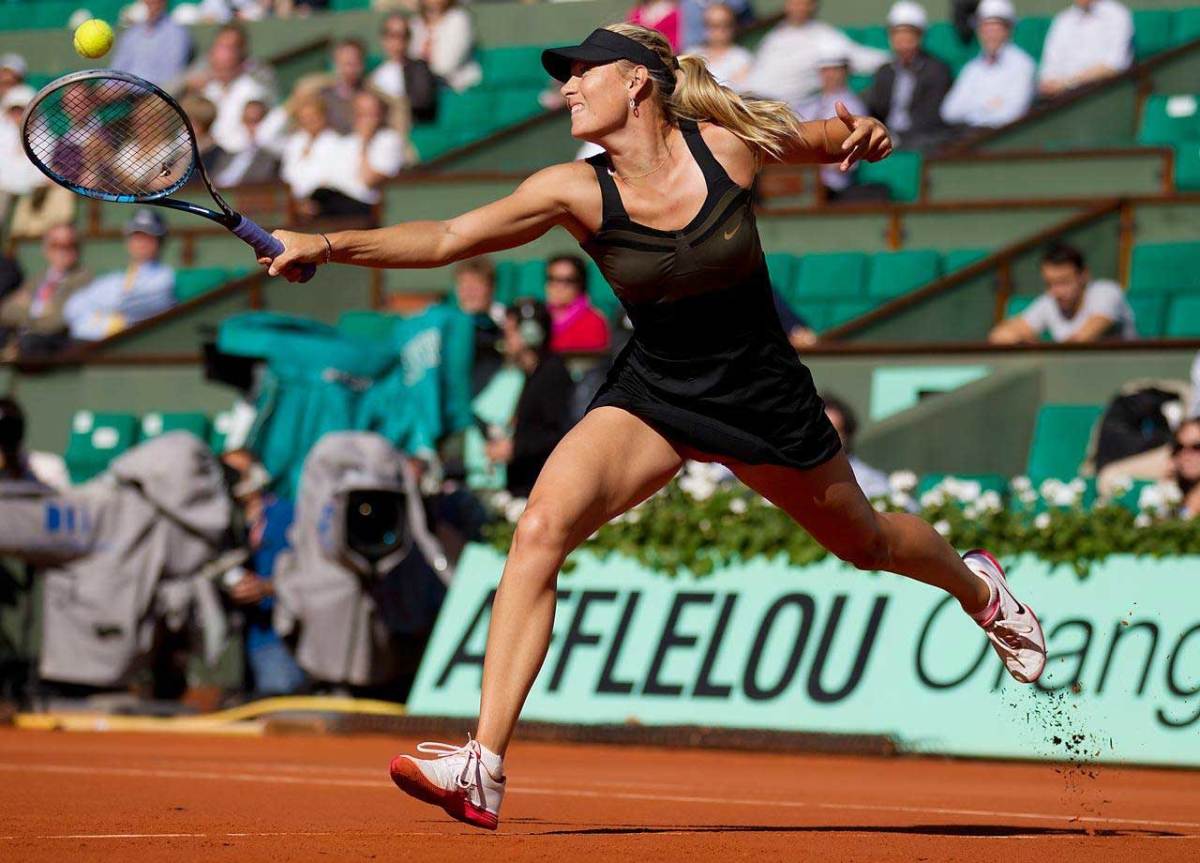
Maria Sharapova was provisionally suspended for testing positive for meldonium doping. She could face a ban as long as four years.
Alex Ovechkin (2012)
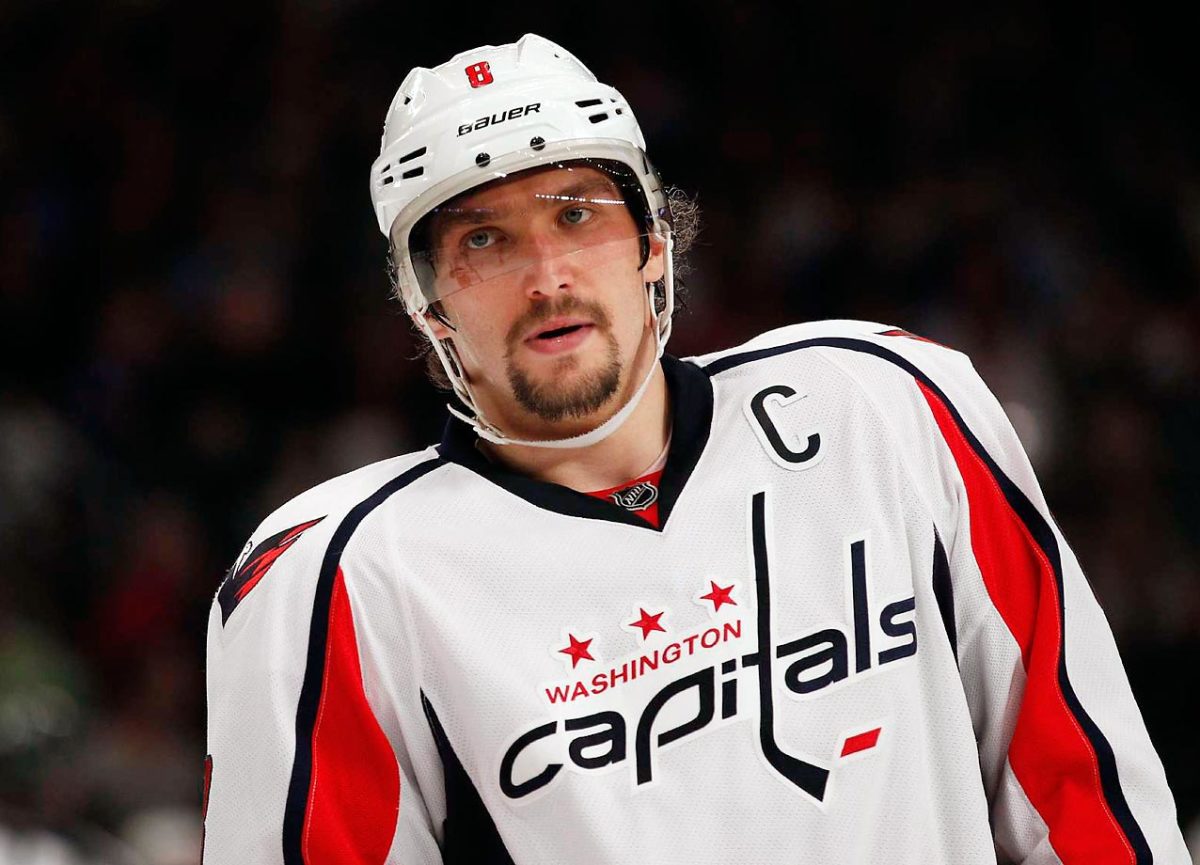
A hit on Pittsburgh’s Zbynek Michalek that the NHL deemed “reckless” resulted in a three-game suspension for the Capitals superstar in January 2012. The ban was Ovechkin’s third in the span of three seasons for delivering dangerous, illegal blows.
Lance Armstrong (2012)
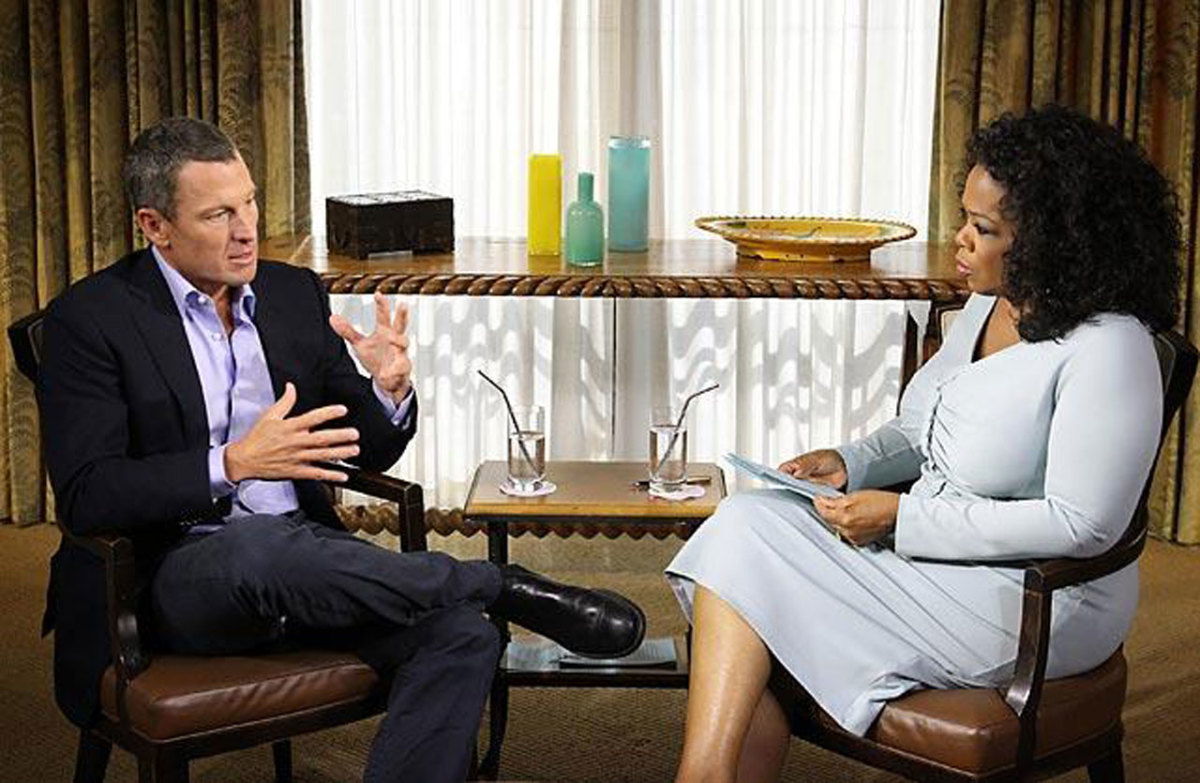
The seven-time Tour de France champion received a lifetime suspension after the U.S. Anti-Doping Agency and World Anti-Doping Agency ruled he had used banned drugs throughout his career, often ordered teammates to do the same and had covered up all the illegal activity. He was stripped of his seven French titles.
Ndamukong Suh (2011, 2014)
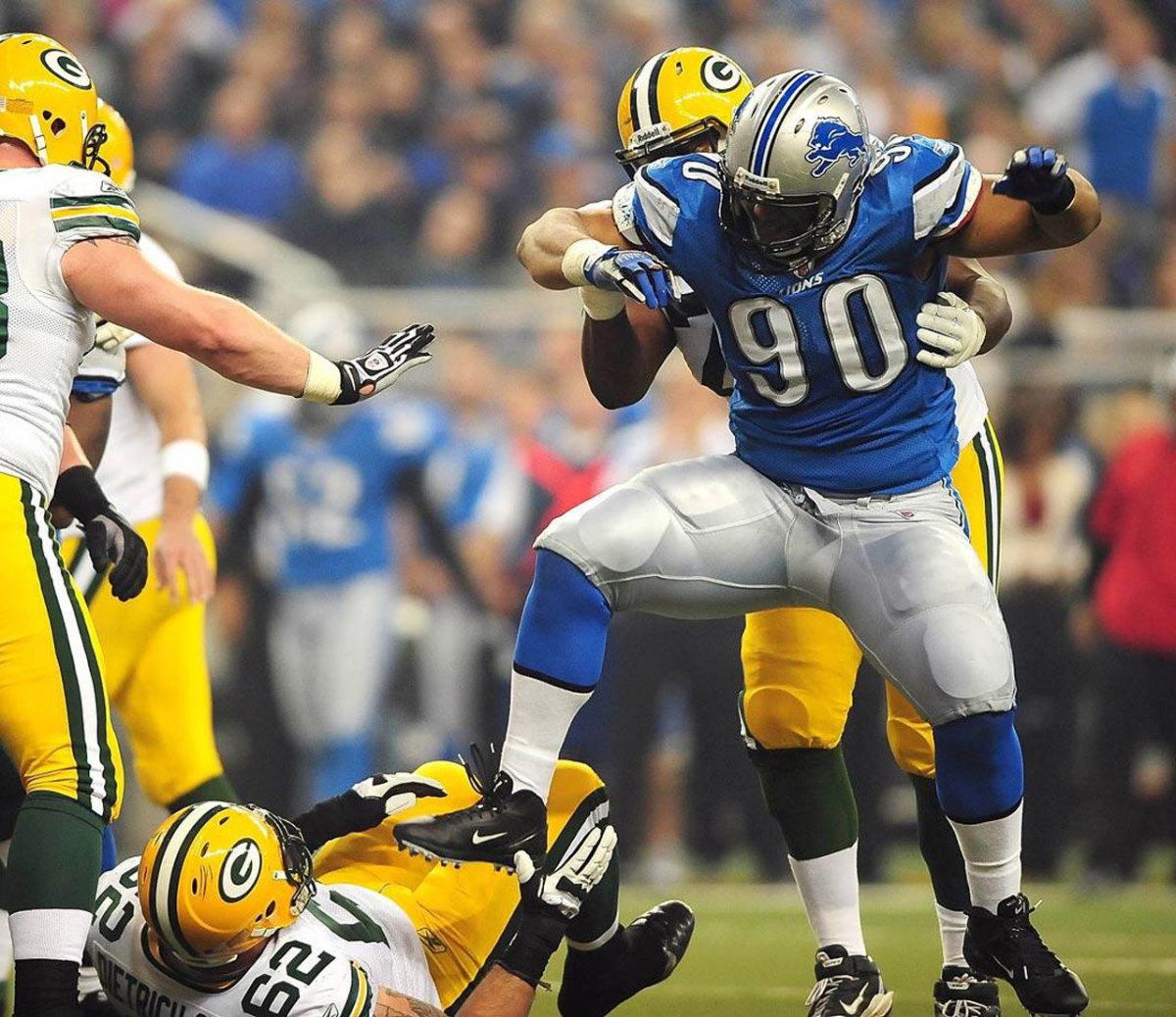
One suspension was not enough for the onetime Detroit Lions defensive lineman. He was suspended two games in 2011 for stomping on Green Bay Packers offensive lineman Evan Dietrich-Smith and then missed the 2014 first-round playoff game vs. Dallas for stomping on Green Bay quarterback Aaron Rodgers’ leg during the 2014 regular season finale. In 2015, Suh will be doing his stomping for the Miami Dolphins.
Blake Griffin (2016)
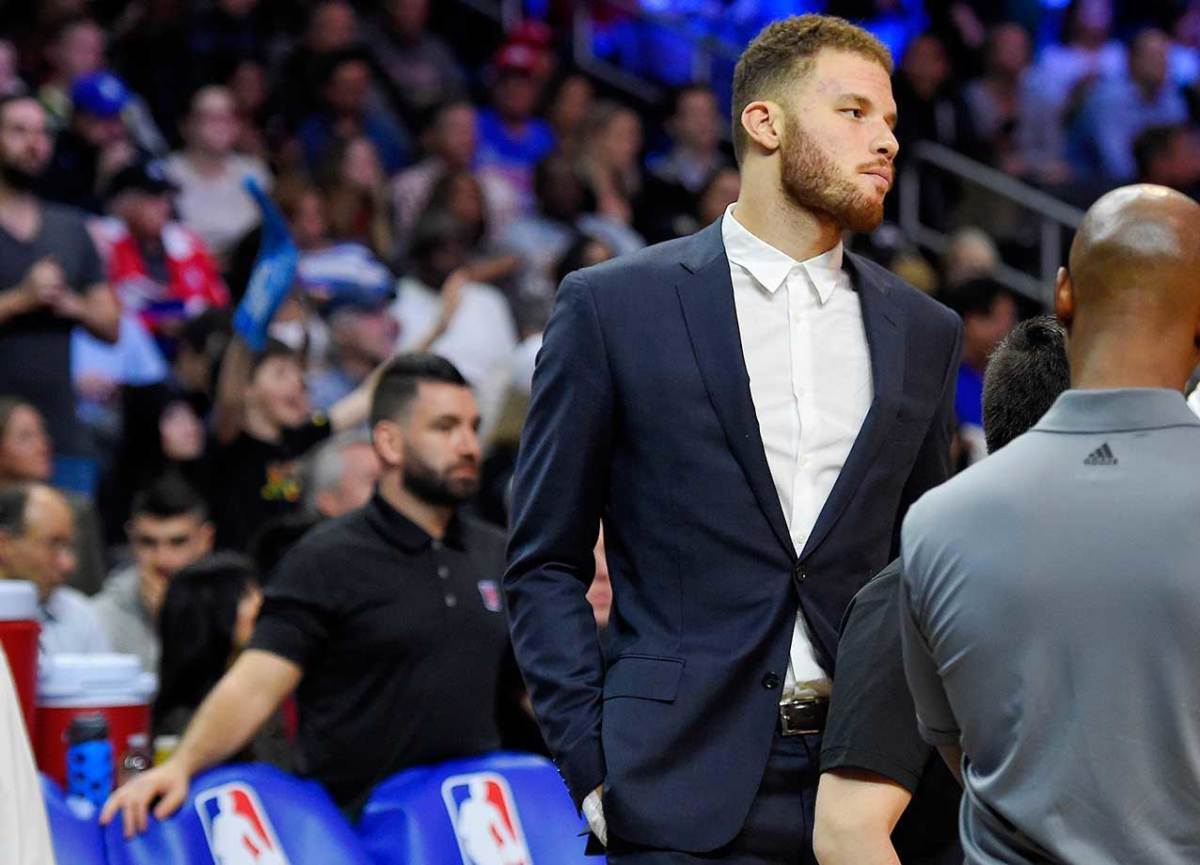
Blake Griffin received a four-game suspension for punching the Clippers' assistant equipment manager Matias Testi (pictured in background).
Ben Roethlisberger (2010)
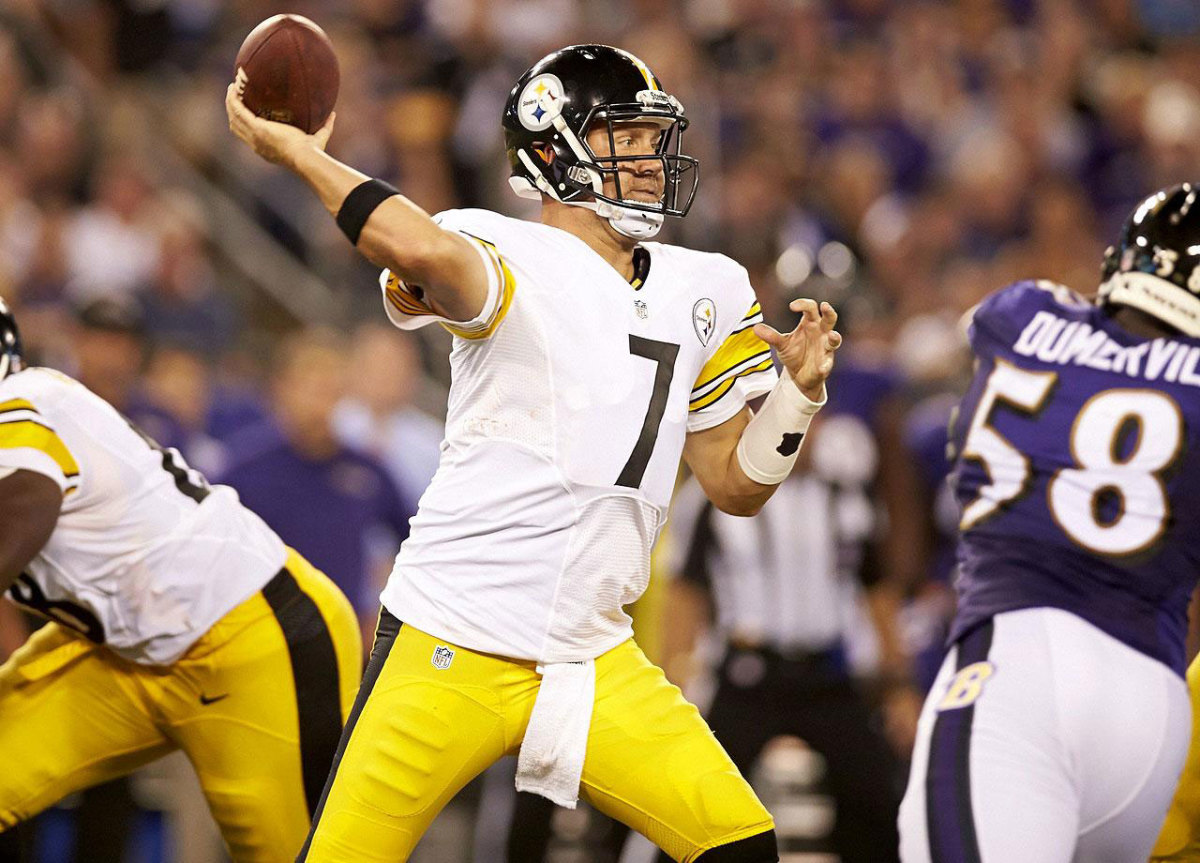
A series of off-field incidents put Big Ben in hot water with NFL and Pittsburgh Steelers officials but an alleged sexual attack on a woman in the restroom of a Georgia nightclub in March 2010 was the last straw. Although no charges were brought, NFL Commissioner Roger Goodell handed Roethlisberger a six-game suspension, later reduced to four, to start the 2010 season.
Serena Williams (2009)
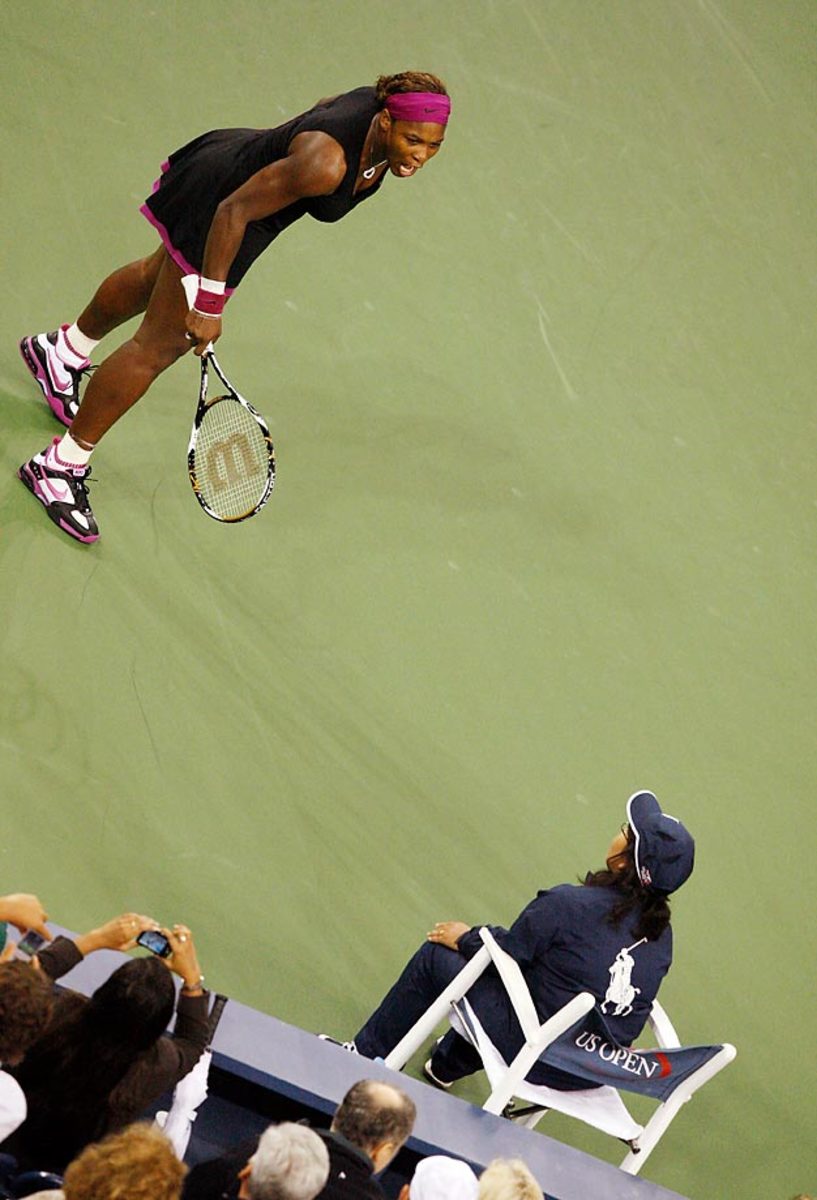
Serena Williams was fined a Grand Slam-record $175,000 (later reduced to $82,500) and given a suspended two-year ban from the U.S. Open after her 2009 tirade at the New York tournament (pictured). She was told that the ban would take effect if she committed any further major offense before the end of 2011. The tennis superstar received a $2,000 fine, but no suspension, for verbally abusing the chair umpire during a loss to Samantha Stouser in the 2011 U.S. Open final.
Pavel Datsyuk and Nicklas Lidstrom (2009)
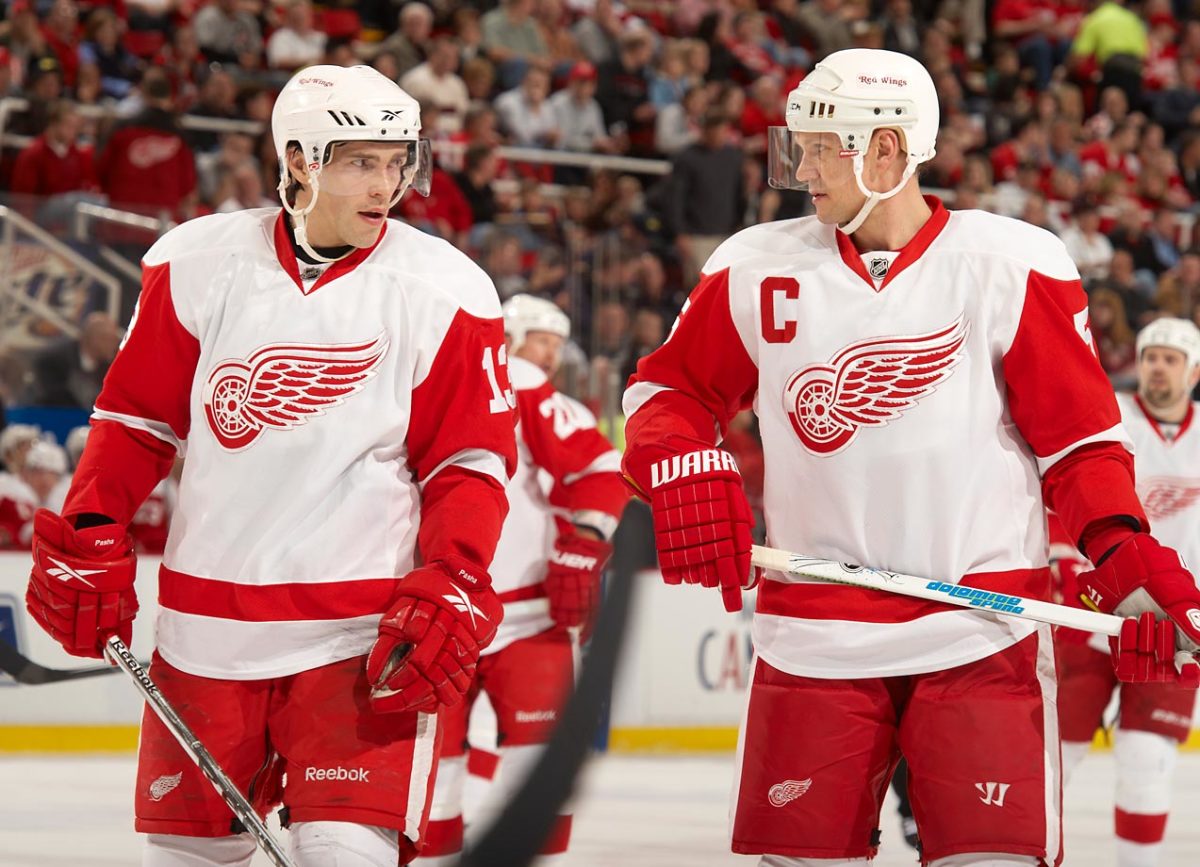
When the Red Wings captain and his teammate Pavel Datsyuk declined to play in the 2009 NHL All-Star Game in Montreal the league suspended them for their team’s next regular season game.
Diana Taurasi (2009)
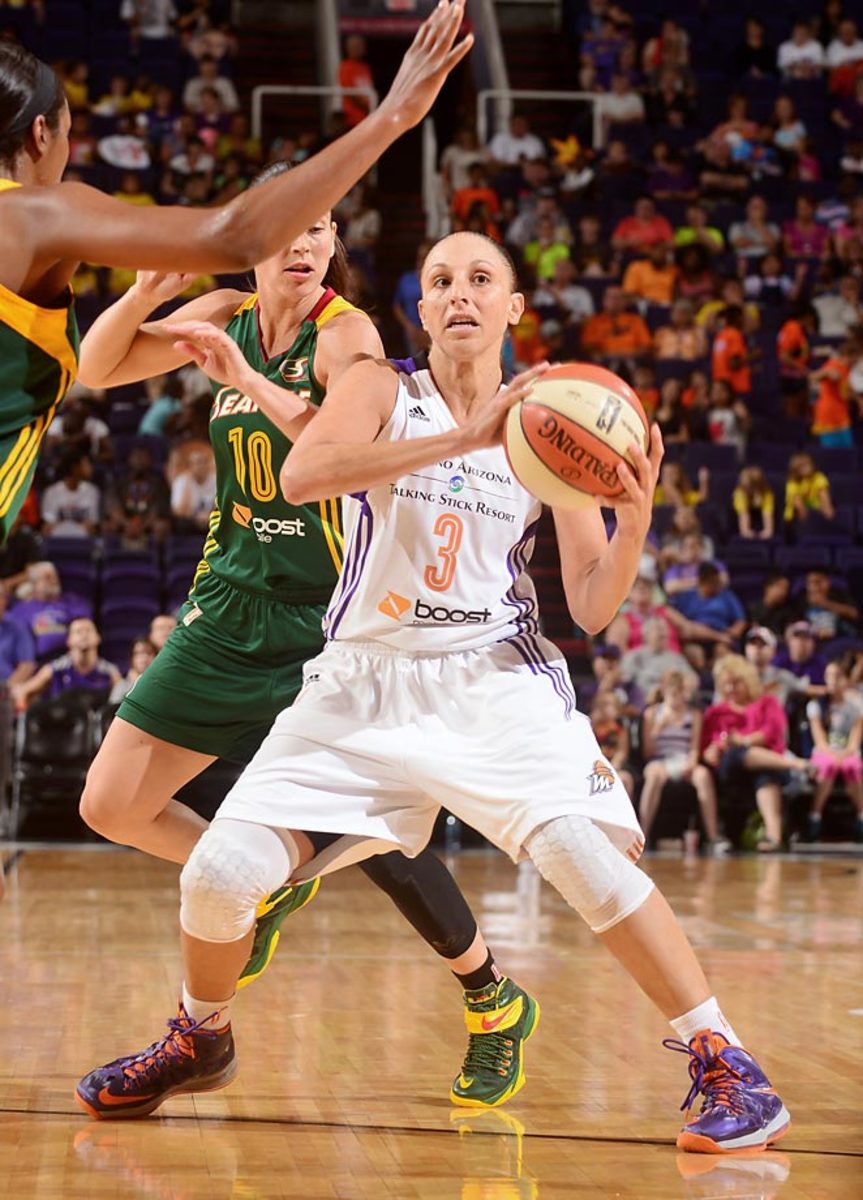
The five-time WNBA scoring champion was suspended for two games witihout pay by the Phoenix Mercury in 2009 on the heels of her arrest on three drunken driving related charges. The All-Star guard received a one-game suspension in July 2013 for an accumulation of technical fouls and another one-game penalty for the same offense later that season.
John Daly (2008-09)
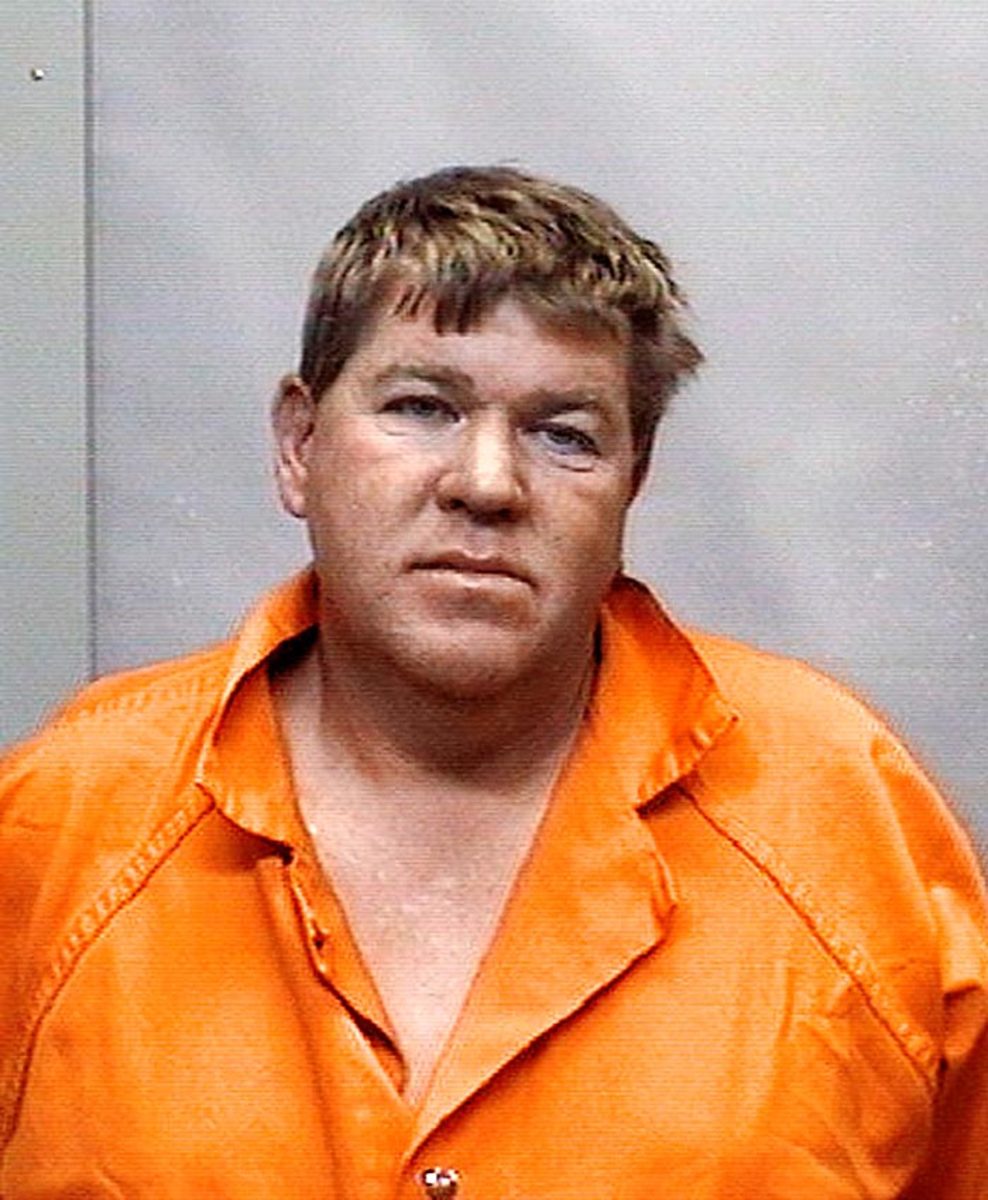
Untoward incidents, including time in jail, driving a golf ball off a beer can and appearing at a Missouri golf event wearing only blue jeans, earned the one-time PGA and British Open champ a six-month suspension from the PGA Tour.
Plaxico Burress (2008)
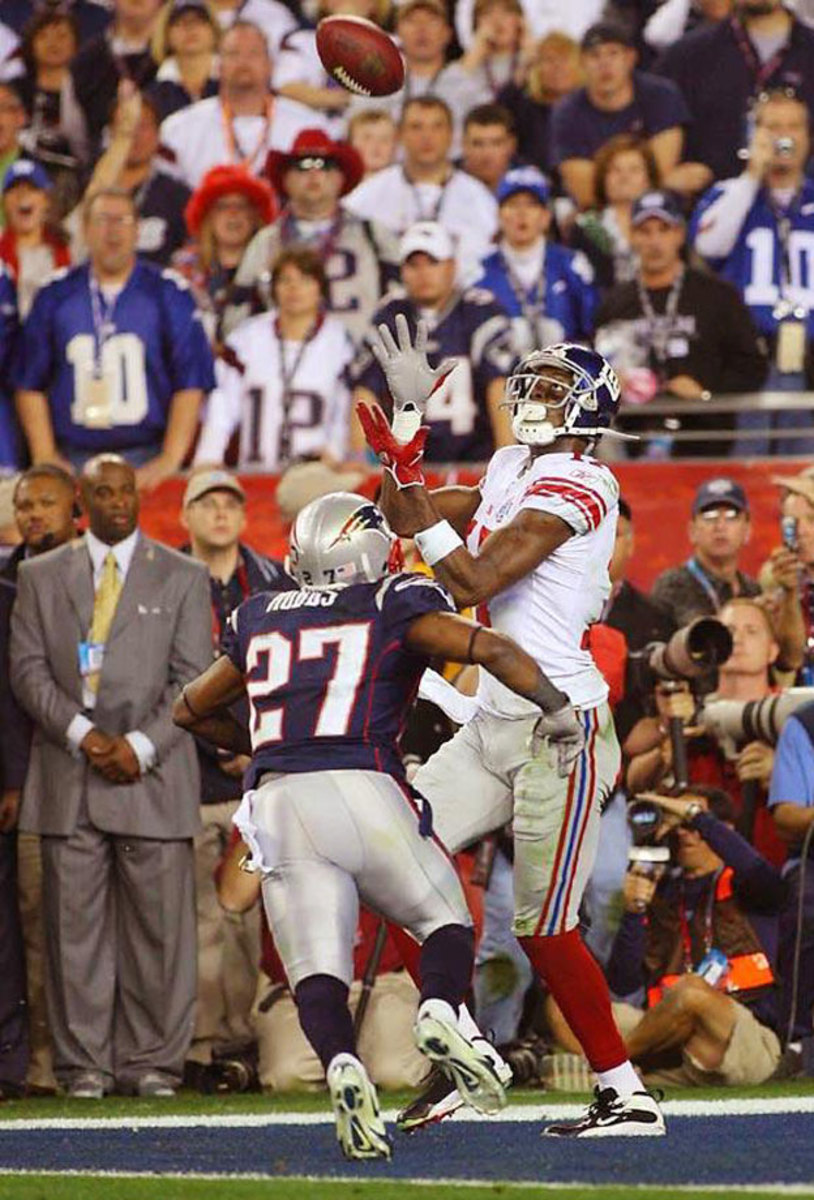
Less than a year after Burress caught the winning touchdown in Super Bowl XLII to stun the unbeaten New England Patriots, the Giants suspended their angular wide receiver for the final four games of the 2008 season and the playoffs after he accidentally shot himself in the leg while at a New York nightclub.
Michael Vick (2007-09)
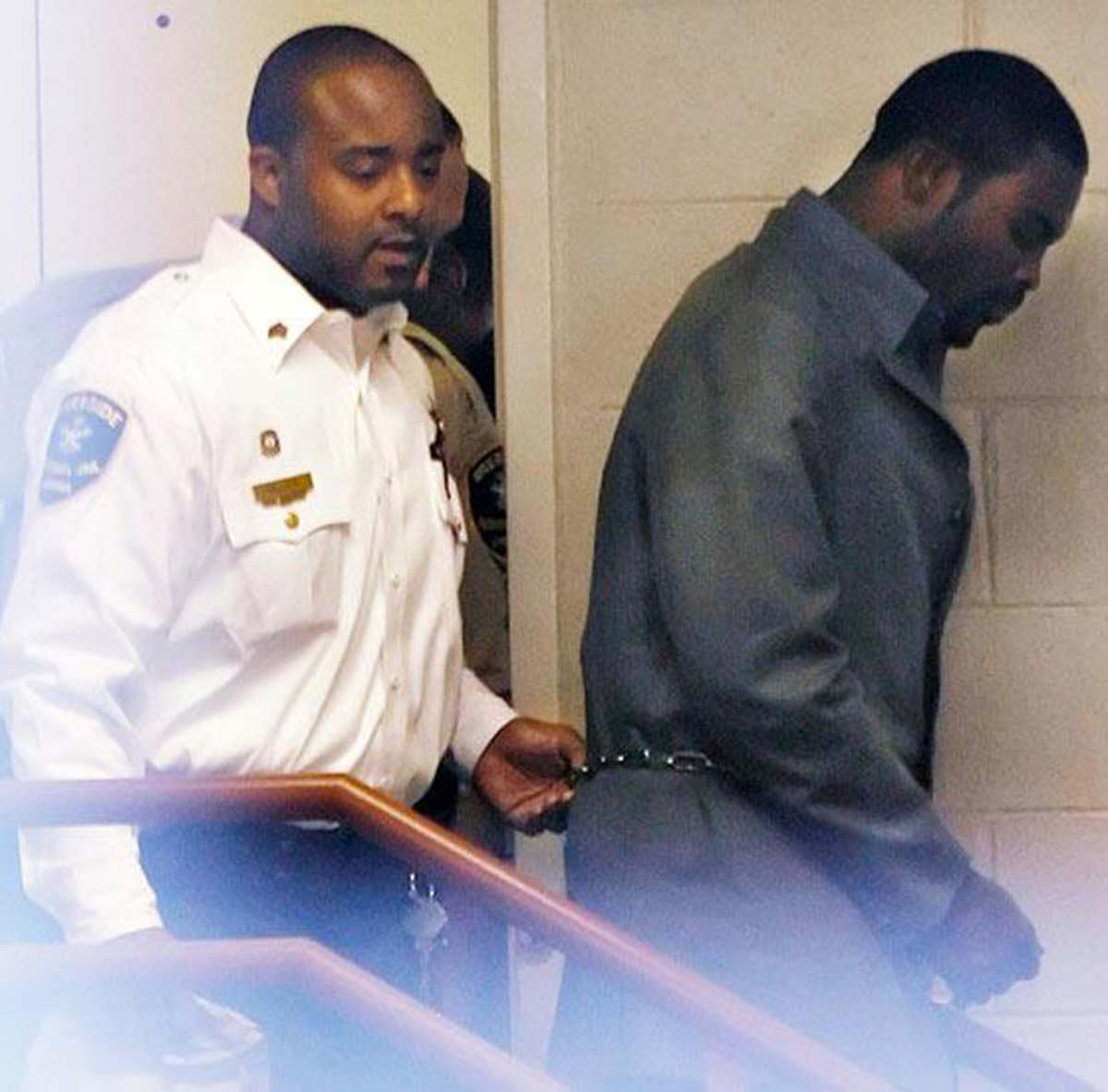
The Atlanta Falcons quarterback received an indefinite suspension in 2007 from Commissioner Roger Goodell for his involvement with an illegal dog-fighting ring. Vick served 19 months in prison and was reinstated by Goodell in 2009.
Marion Jones (2007)
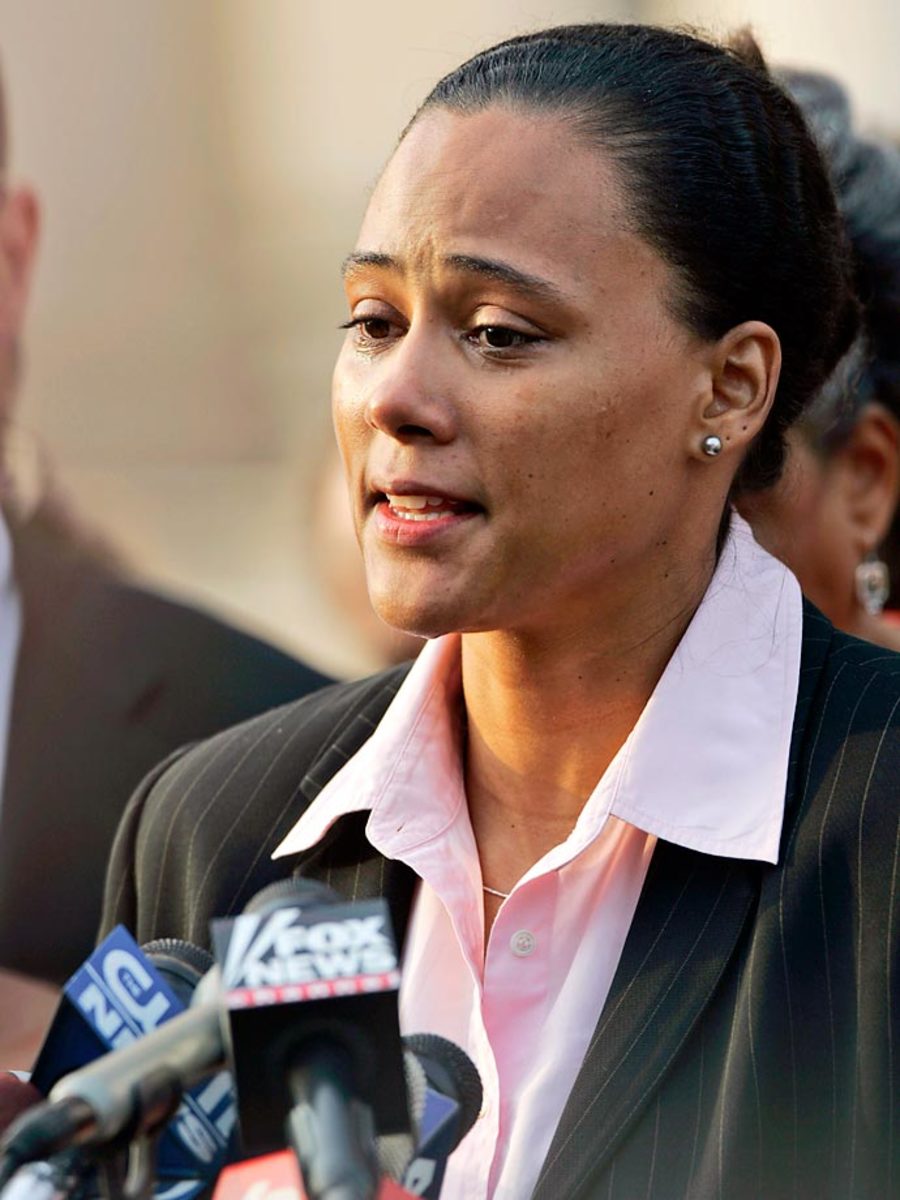
Other than Barry Bonds, perhaps the most famous athlete associated with the BALCO drug scandal was Jones, winner of five track and field medals at the 2000 Sydney Olympics, three of them gold. But after admitting she took performance-enhancing drugs before the Sydney Games—and lying to federal agents—Jones received a two-year ban from competition and a six-month jail sentence. The International Olympic Committee forfeited all Jones’ medals.
Kobe Bryant (2006)
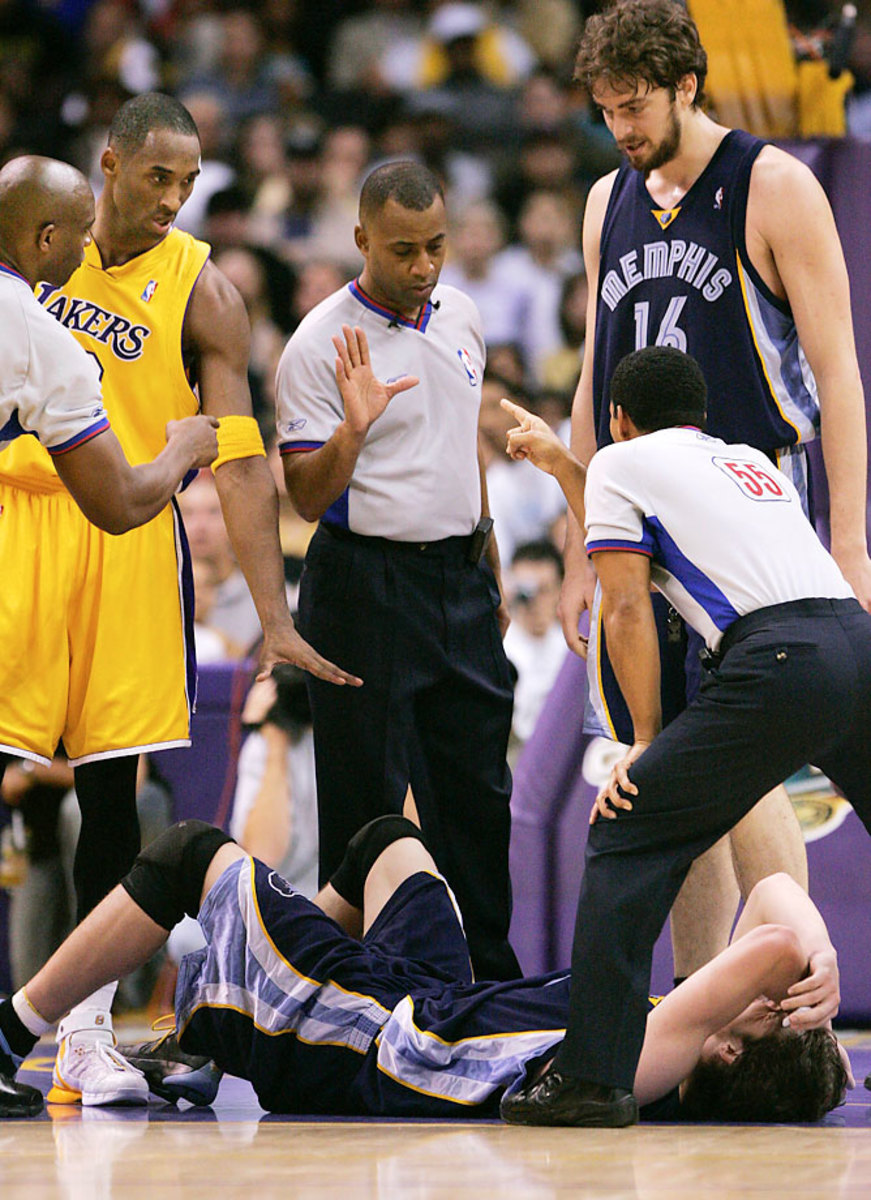
The L.A. Lakers star received a two-game suspension after elbowing the Memphis Grizzlies’ Mike Miller in the throat. One year later he picked up a one-game suspension for another elbow, this time against San Antonio’s Manu Ginobili.
Sammy Sosa (2003)
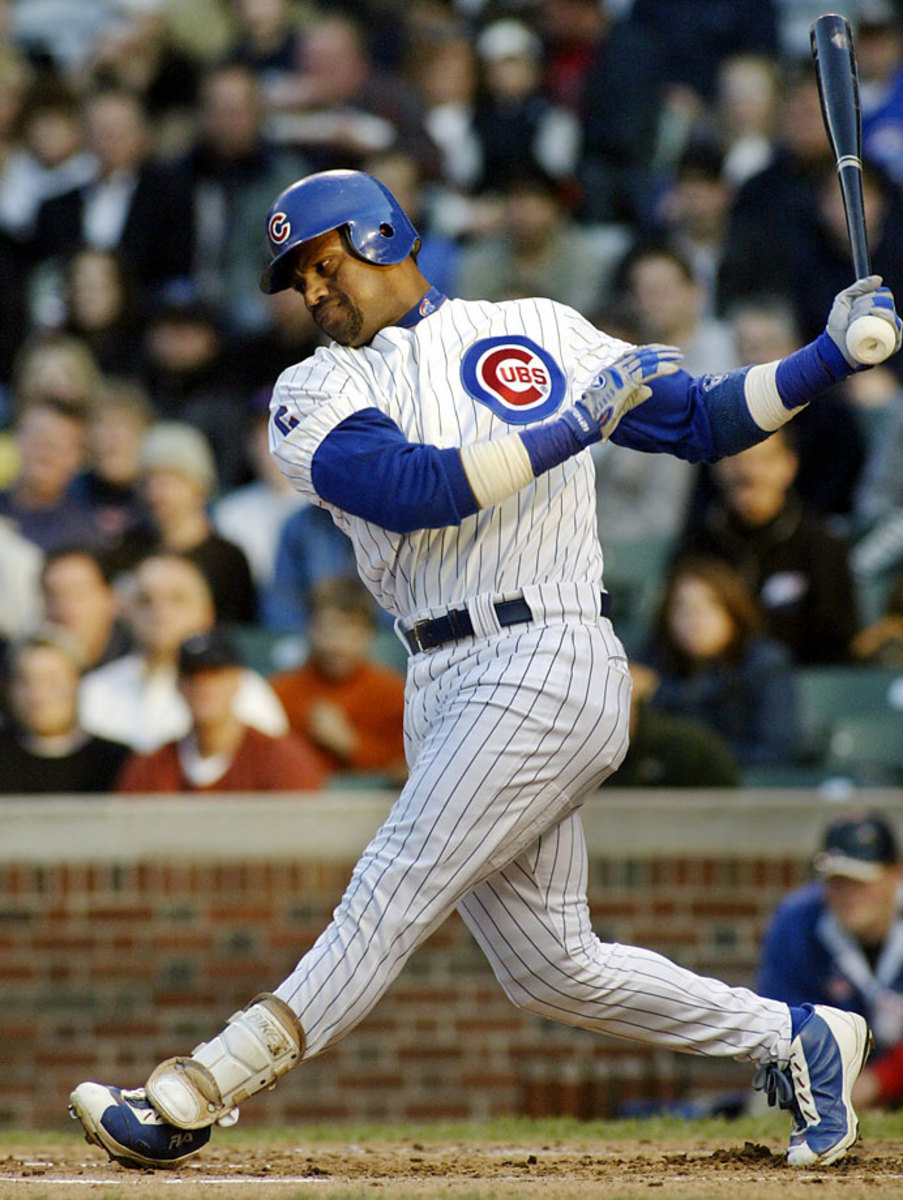
Long before his name was associated with performance-enhancing drugs, the Chicago Cubs slugger received a seven-game suspension for using a corked bat during a during a June 4, 2003, game (pictured) against Tampa Bay. Sosa said the cork was for belting long home runs during batting practice and he had used it by mistake. It was the beginning of the end of his romance with Cubs fans.
Reggie Miller (2002)
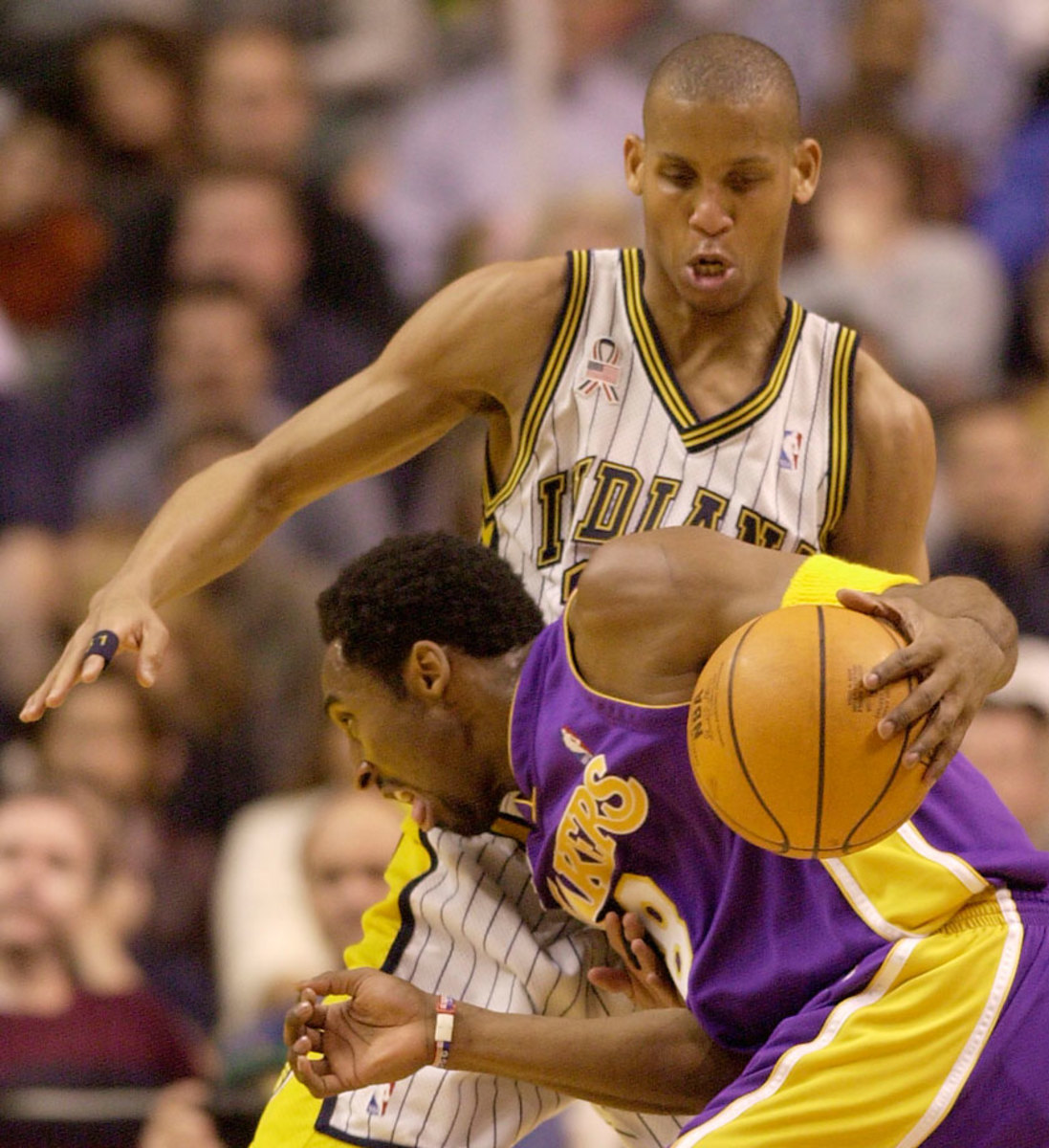
Winter 2002 might have had Indiana Pacers fans wondering if their sharpshooting guard was a basketball player or boxer. In February, Miller scuffled with Philadelphia’s Derrick Coleman and in March he battled with Kobe Bryant, earning a one-game suspension for the first fight and two-game sit down for the second bout.
Mike Tyson (1997)
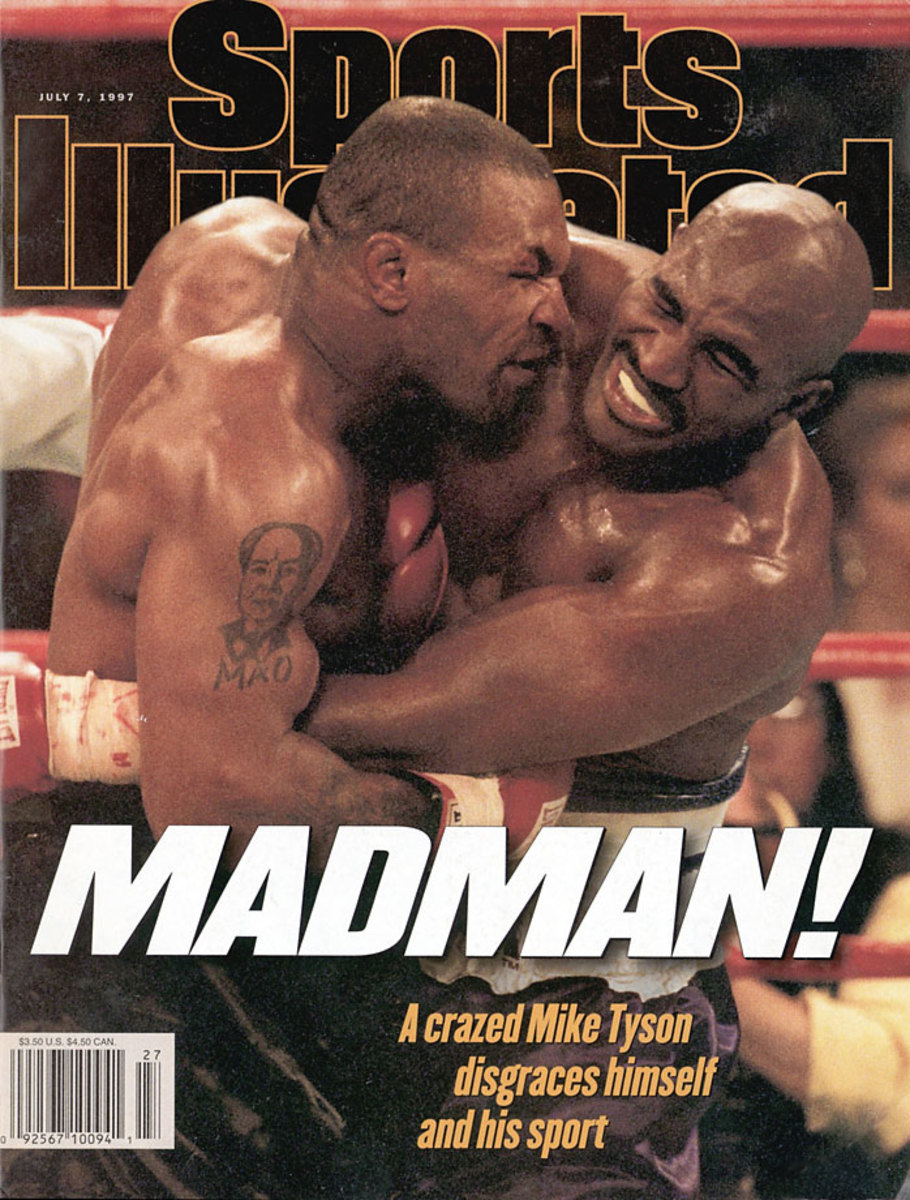
Iron Mike received what amounted to an 18-month suspension after biting Evander Holyfield’s ears not once but twice during their heavyweight championship bout June 28, 1997, in Las Vegas. Tyson returned to the ring in January 1999 but was only a shadow of the fighter who had dominated heavyweights during the late 1980s.
Dominik Hasek (1997)
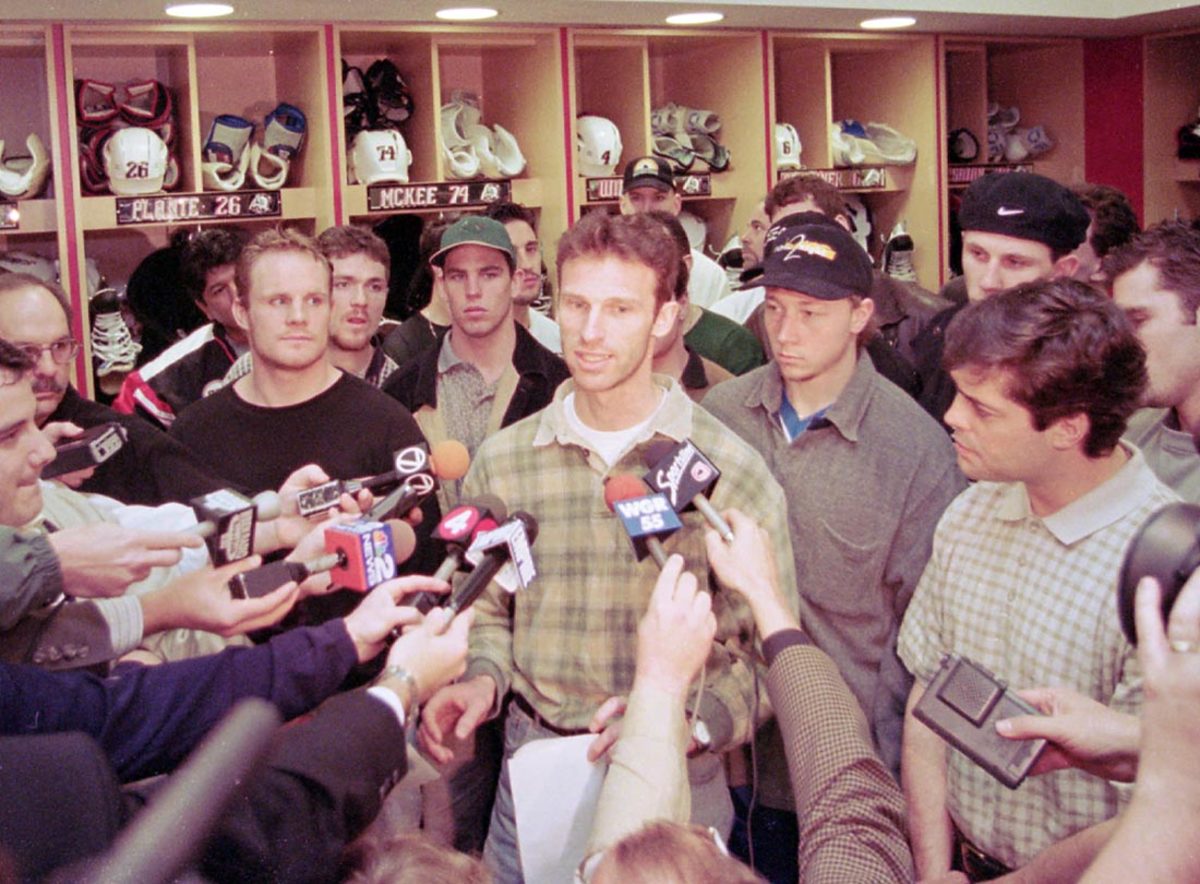
A physical altercation with Buffalo News reporter Jim Kelley in May 1997 resulted in the NHL suspending the Sabres’ volatile goalie for the first three games of his playoff series against the Philadelphia Flyers. Hasek was also fined $10,000.
Michael Jordan (1993)
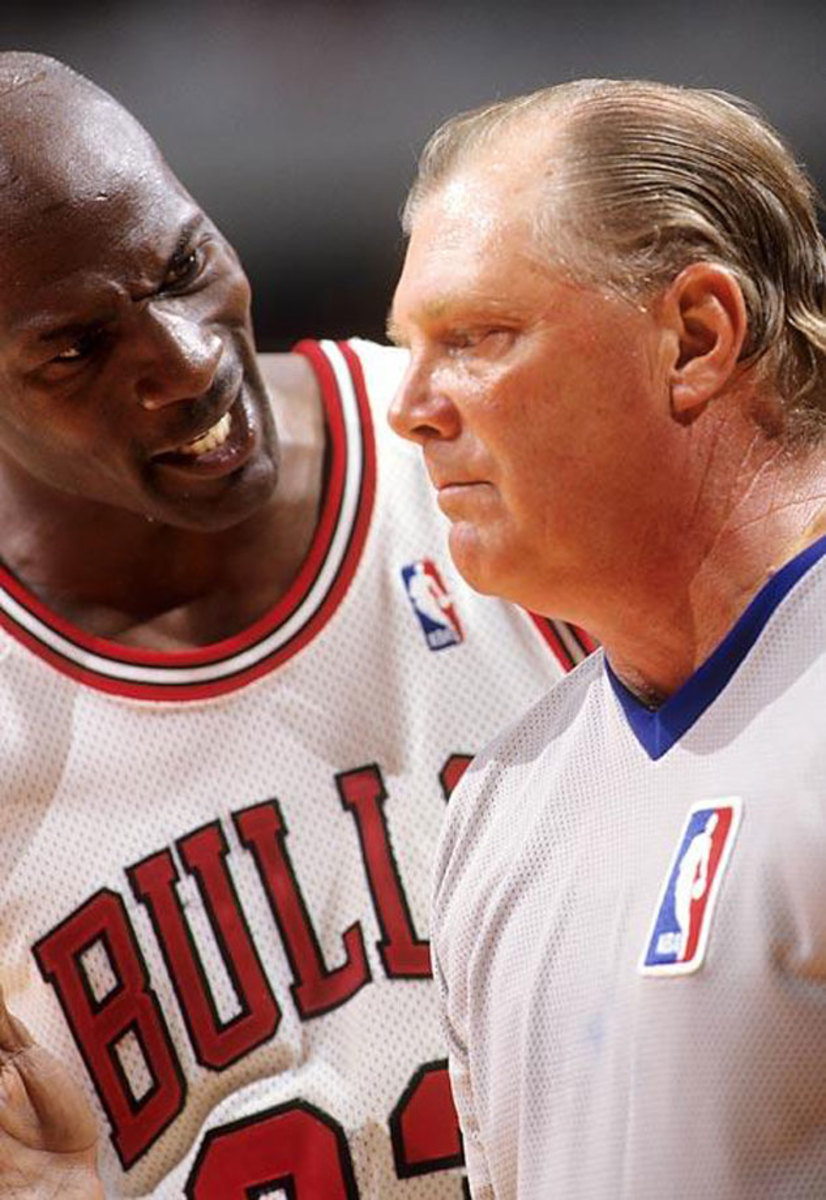
Jordan received a one-game suspension and $10,000 fine after punching the Indiana Pacers’ Reggie Miller during a February game in Indianapolis. The decision was handed down by NBA discipline chief Rod Thorn, the same man who as a Bulls executive had drafted Jordan out of North Carolina in 1984.
Roger Clemens (1991)
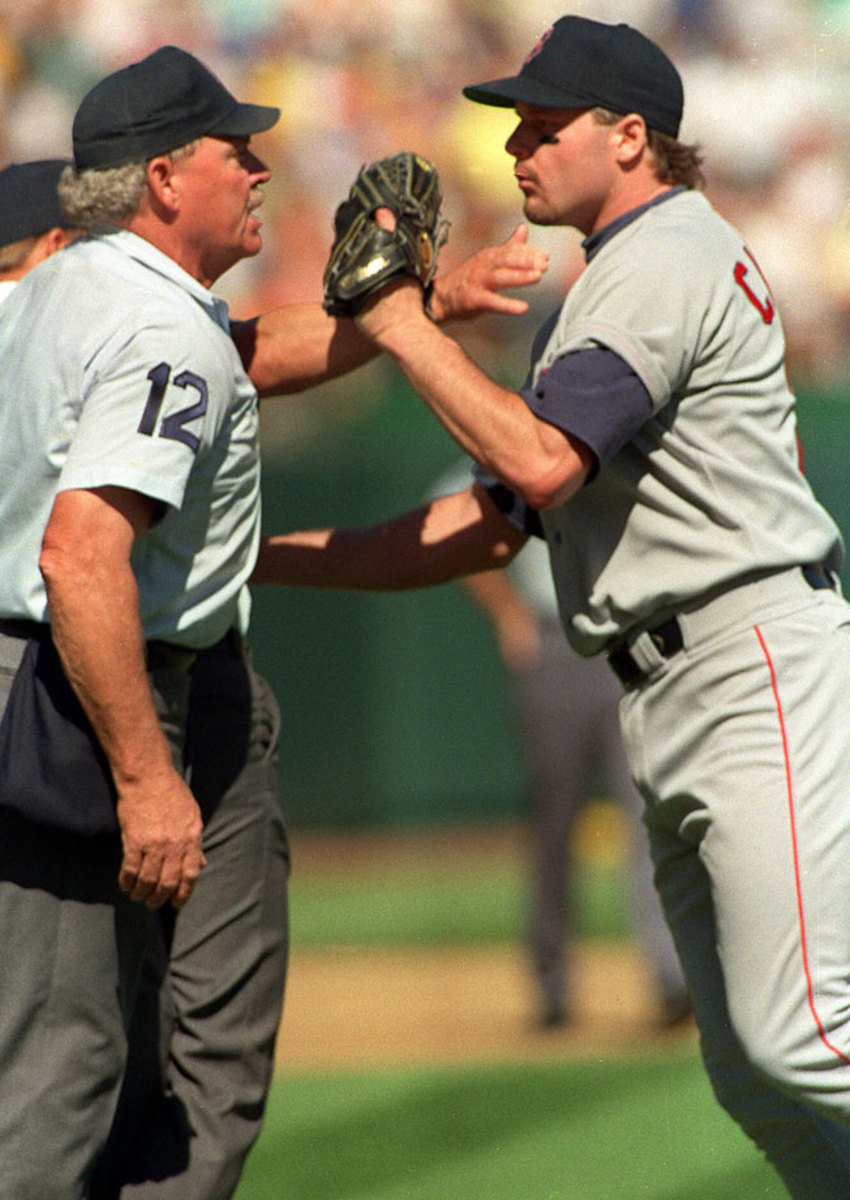
The Boston Red Sox pitcher received a five-game suspension and $10,000 fine for pushing umpire Terry Cooney during Game 4 of the 1990 ALCS against Oakland. The punishment was served the following season.
Aroldis Chapman (2016)
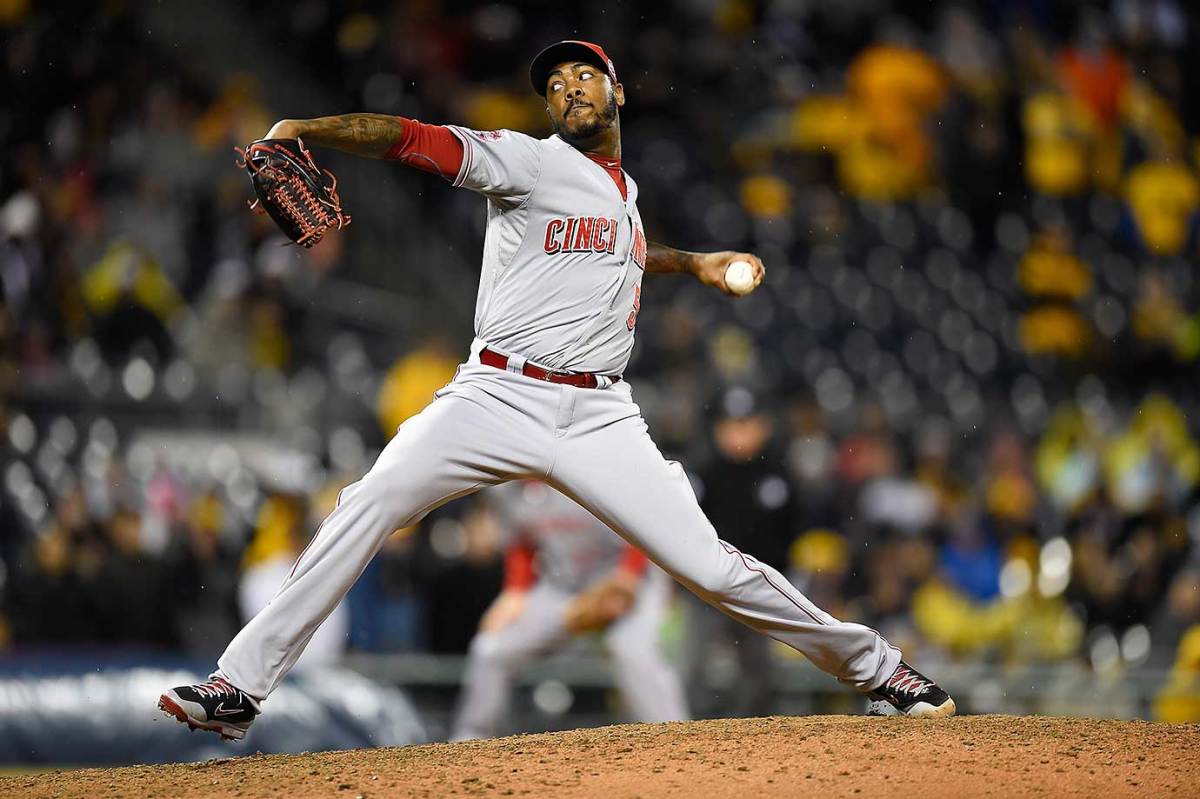
Aroldis Chapman was hit with a 30-game suspension for breaking the MLB's domestic violence policy. He was the first player to be penalized under the league's new rule.
Lawrence Taylor (1988)
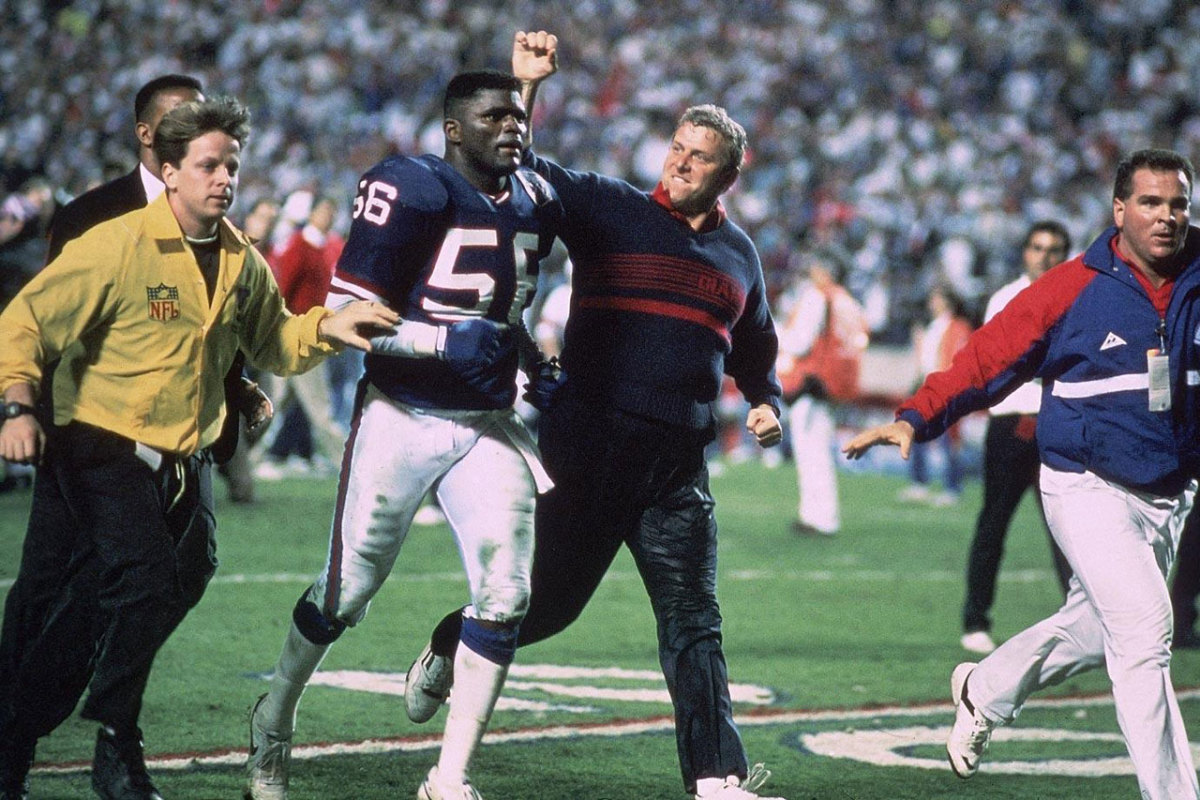
The future New York Giants Hall of Fame linebacker received a 30-day suspension at the start of the 1988 NFL season as a second-time violator of the league’s substance abuse policy. Taylor battled drug addiction both during and after his 13-year career.
Jimmy Connors (1986)
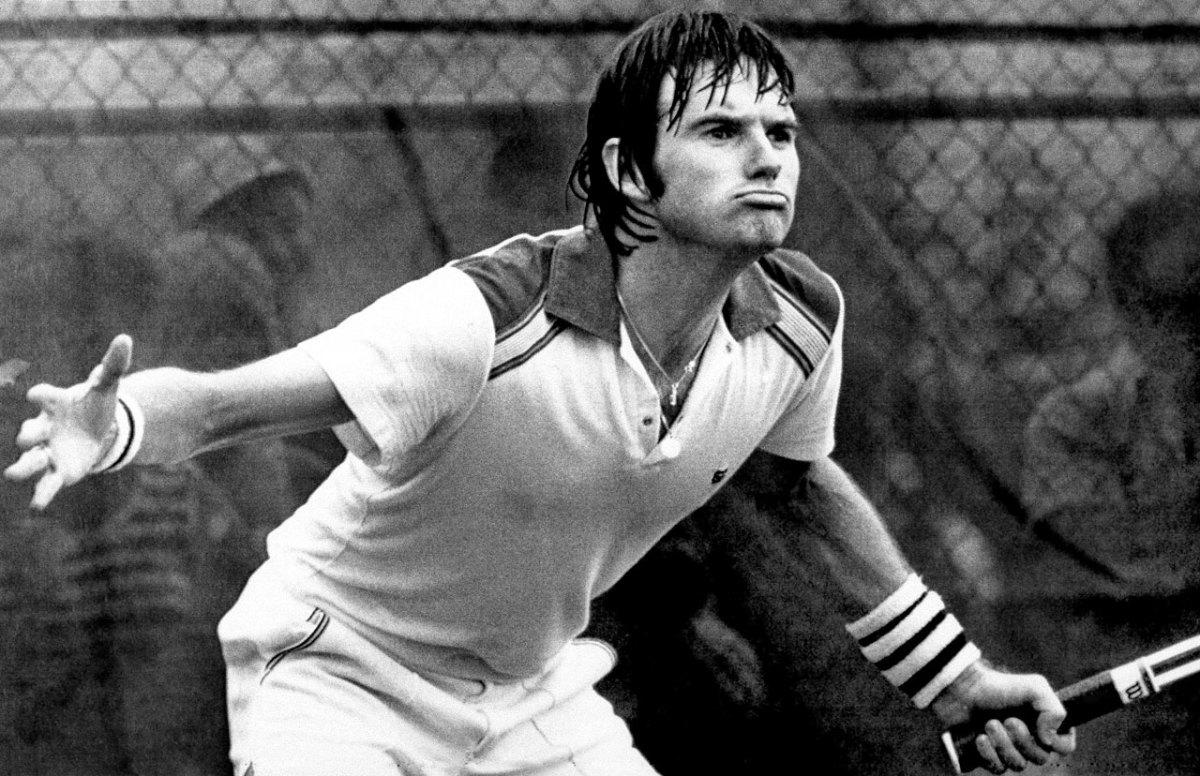
The combative Connors, pictured here making a face at Ivan Lendl in a 1979 match, earned a 10-week suspension and $20,000 fine after he refused to continue play during a match with Lendl at the Lipton International semifinals in Florida in February 1986. Connors was incensed at what he considered a series of wrong calls by the officials. The suspension caused Connors to miss the French Open.
Duncan Keith (2016)
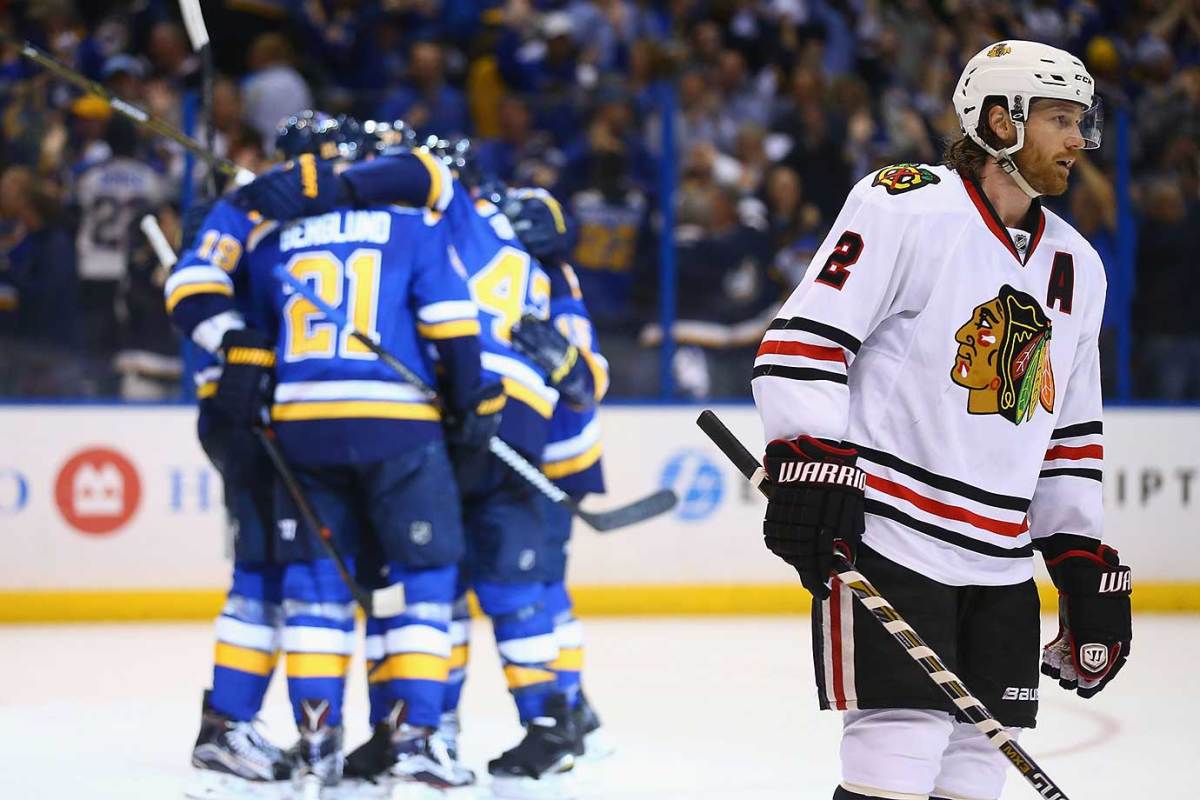
Duncan Keith was suspended for six games for high-sticking Charlie Coyle, keeping the star defenseman out of Game 1 of the Blackhawks's conference quarterfinals series against the Blues.
Mark Messier (1985)
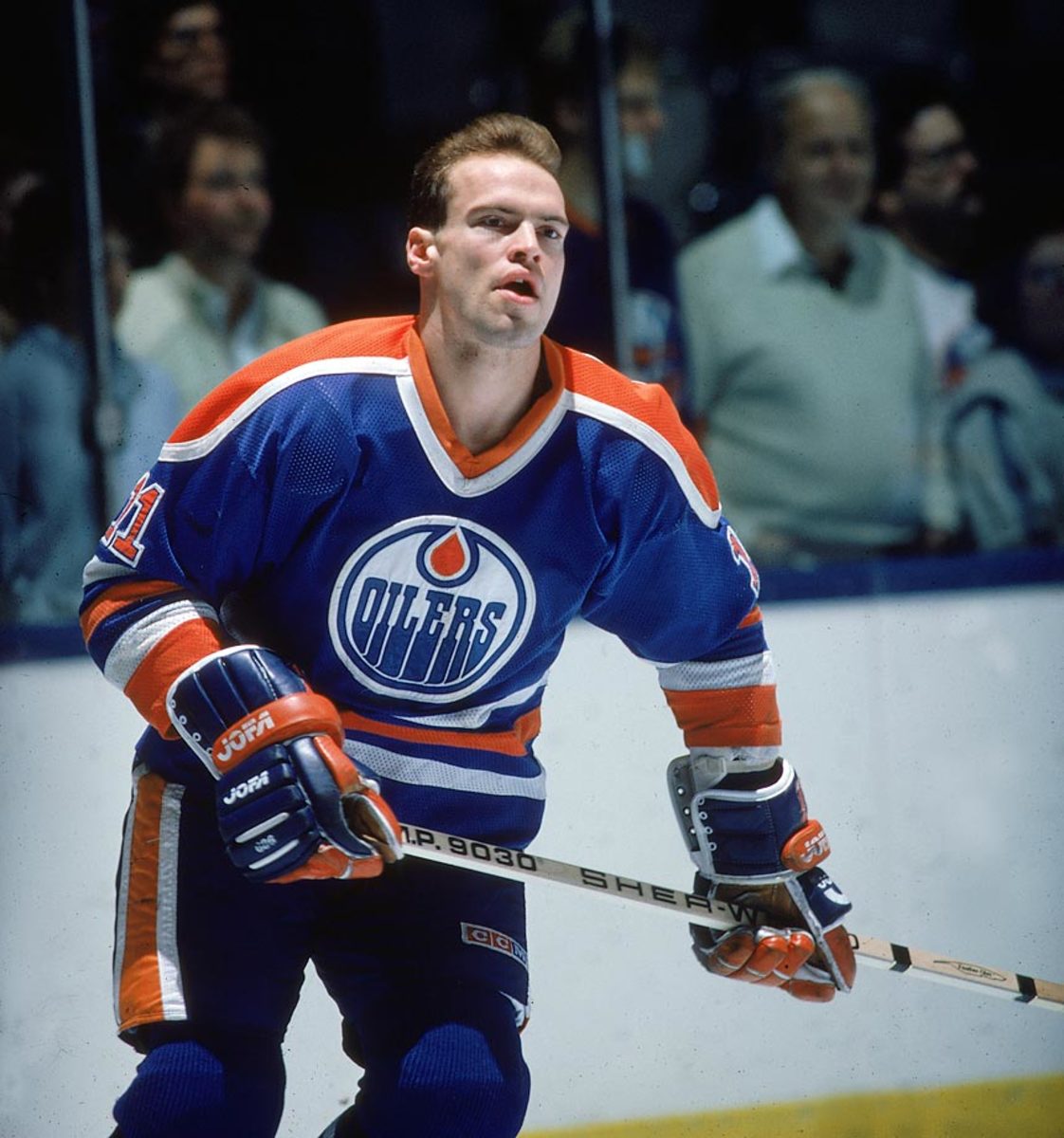
In January 1985, the NHL banned the Oilers star for 10 games for fracturing Jamie Macoun’s cheekbone in two places during a retaliatory attack after the Flames defenseman boarded him. The previous season, Messier had been suspended six games for clubbing Vancouver’s Thomas Gradin in the head with his stick.
John McEnroe (1984)
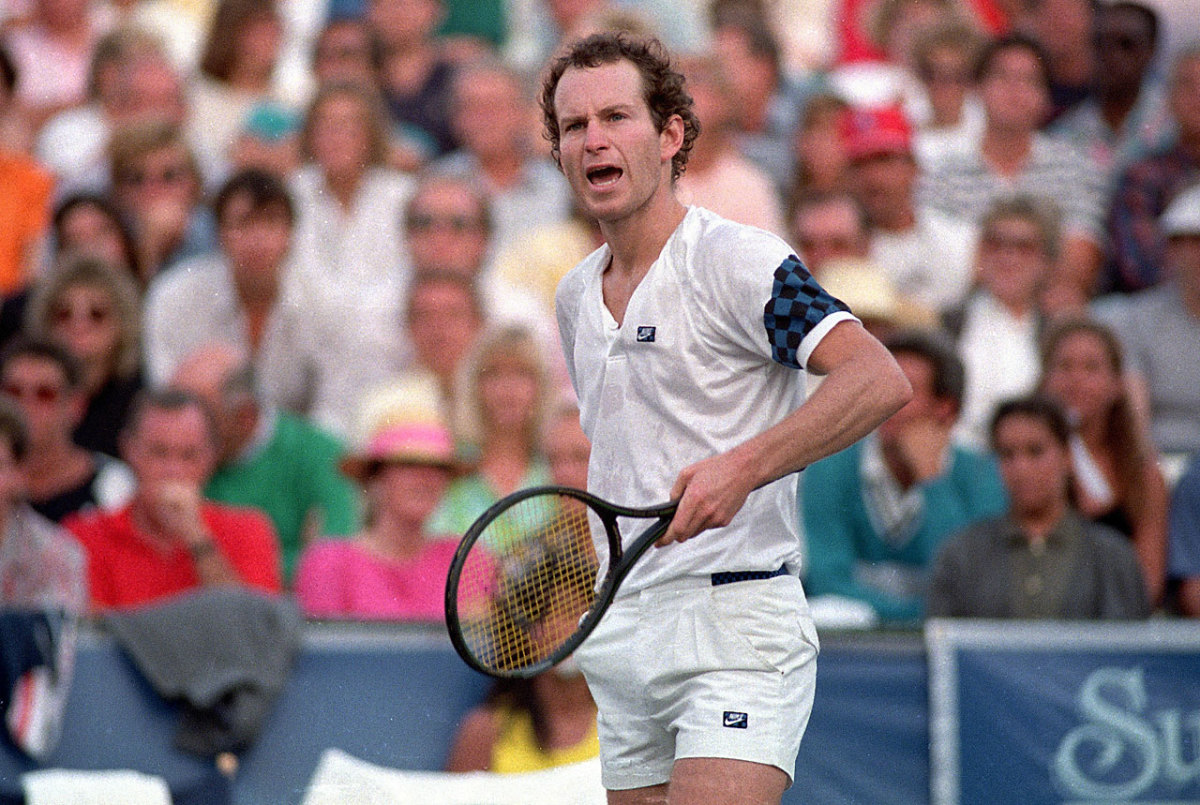
The 1984 season was McEnroe’s best: an 82-3 record and a career-best 13 tournament titles, including Wimbledon and the U.S. Open. But an infamous outburst in Sweden when he screamed at the chair umpire: “Answer my question. The question, jerk” before slamming his racket into a nearby juice cart earned him a 21-day suspension. (He's pictured here arguing a call in 1986.)
Gordie Howe (1975)
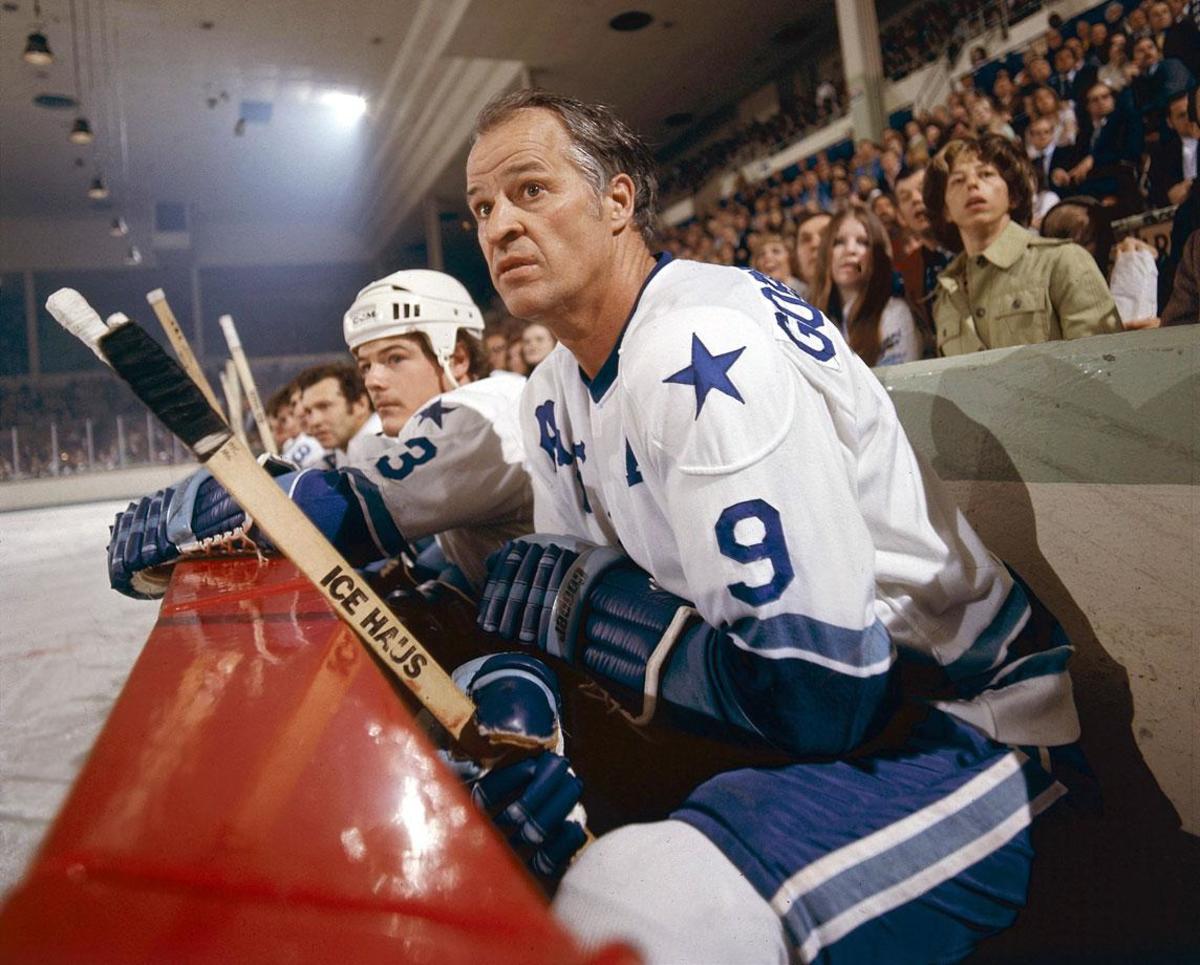
In 1975, being ejected from a game for the first time in his storied career earned Mr. Hockey a one game suspension and $1,000 fine for bumping a referee during a dispute over a penalty call. Howe was skating for the WHA Houston Aeros at the time.
Muhammad Ali (1967-70)
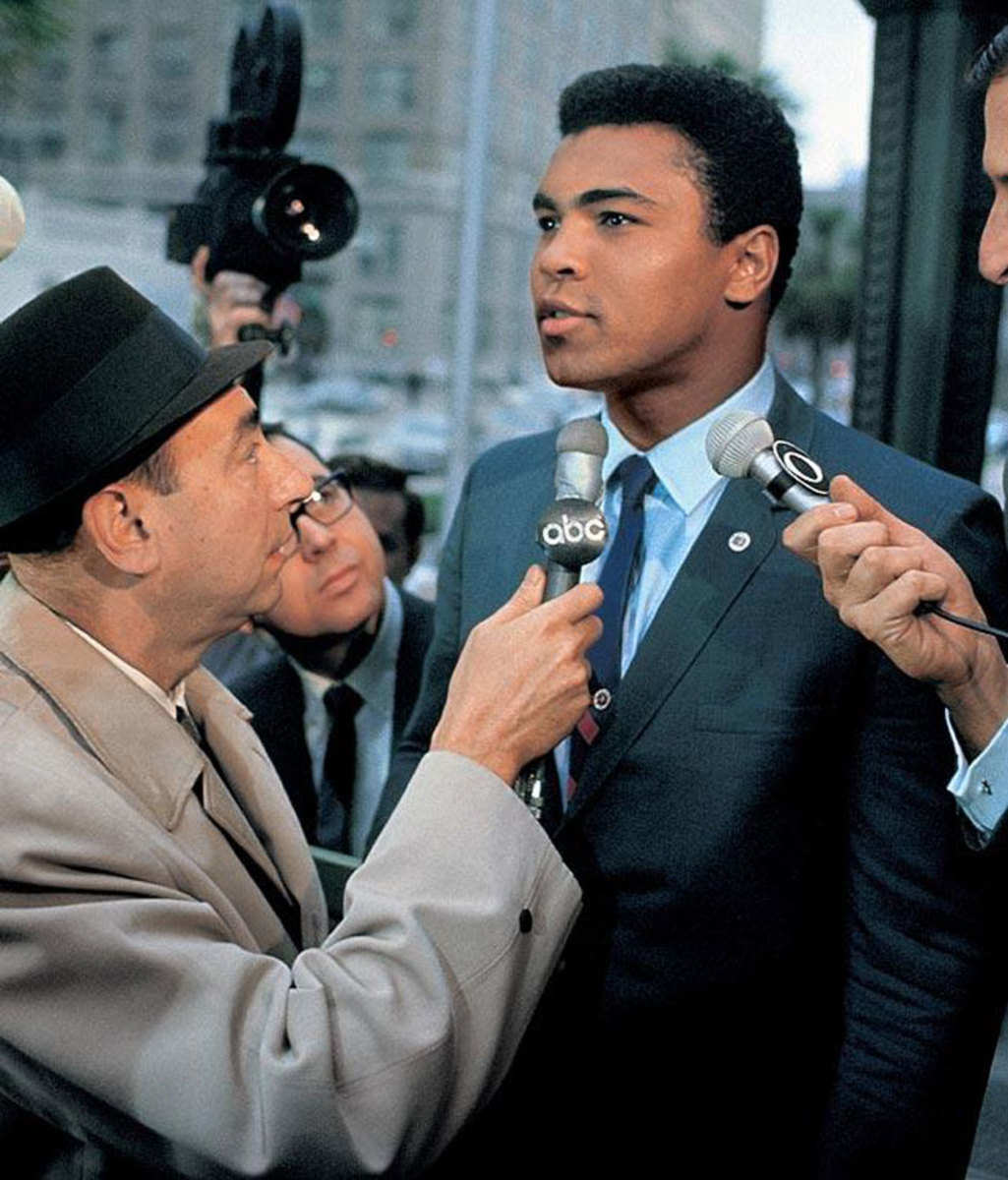
Perhaps no sports suspension was more controversial—or longer—than Ali’s 3½ years away from the ring for refusing induction into the U.S. Armed Forces in spring 1967. The heavyweight champion’s stand, based on his Muslim religious principles, was eventually upheld by the Supreme Court in a unanimous decision but Ali lost prime years of his boxing career.
Paul Hornung (1963)
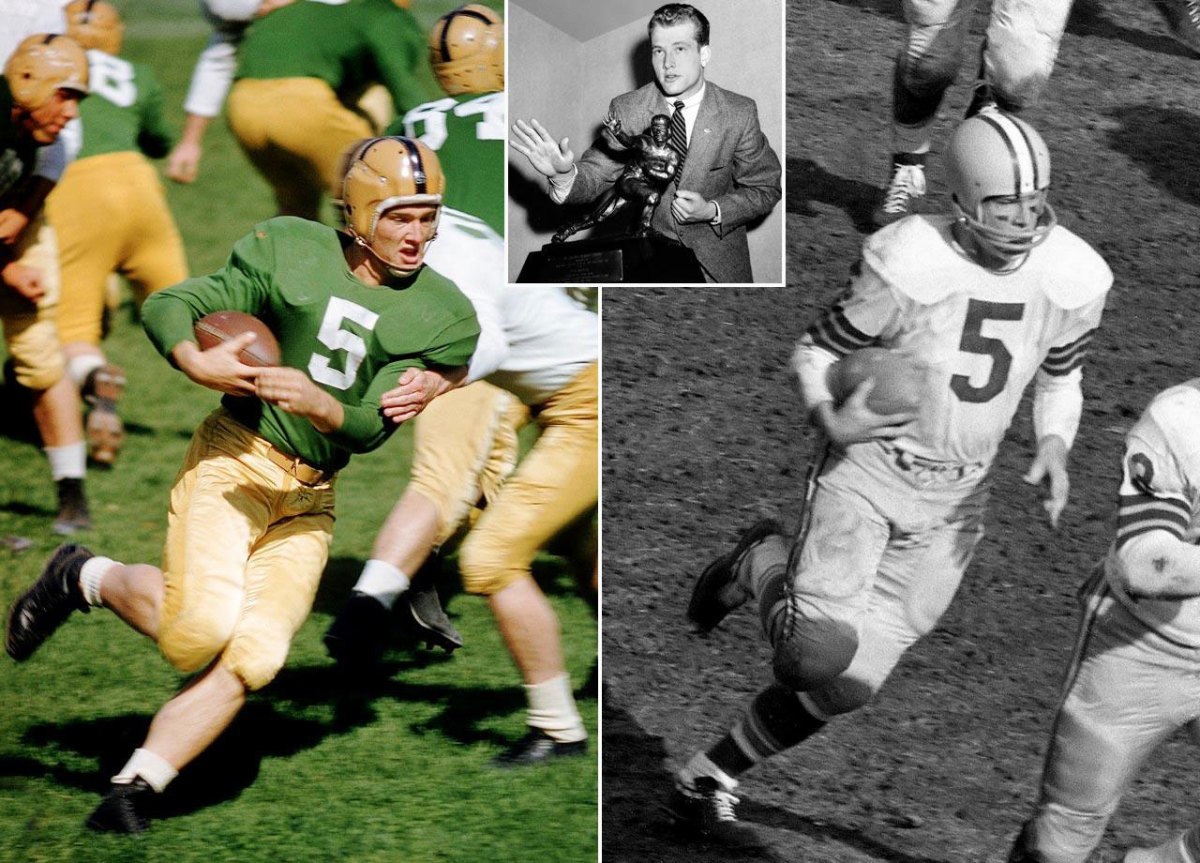
In the early 1960s, no player in the NFL was more glamorous than Hornung, the 1956 Heisman Trophy winner who became the triple-threat running back of the two-time champion Green Bay Packers and the 1961 league MVP. But when Hornung and All-Pro tackle Alex Karras of the Detroit Lions were found to have bet on NFL games, Commissioner Pete Rozelle suspended both players for the entire 1963 season.
Maurice Richard (1954)
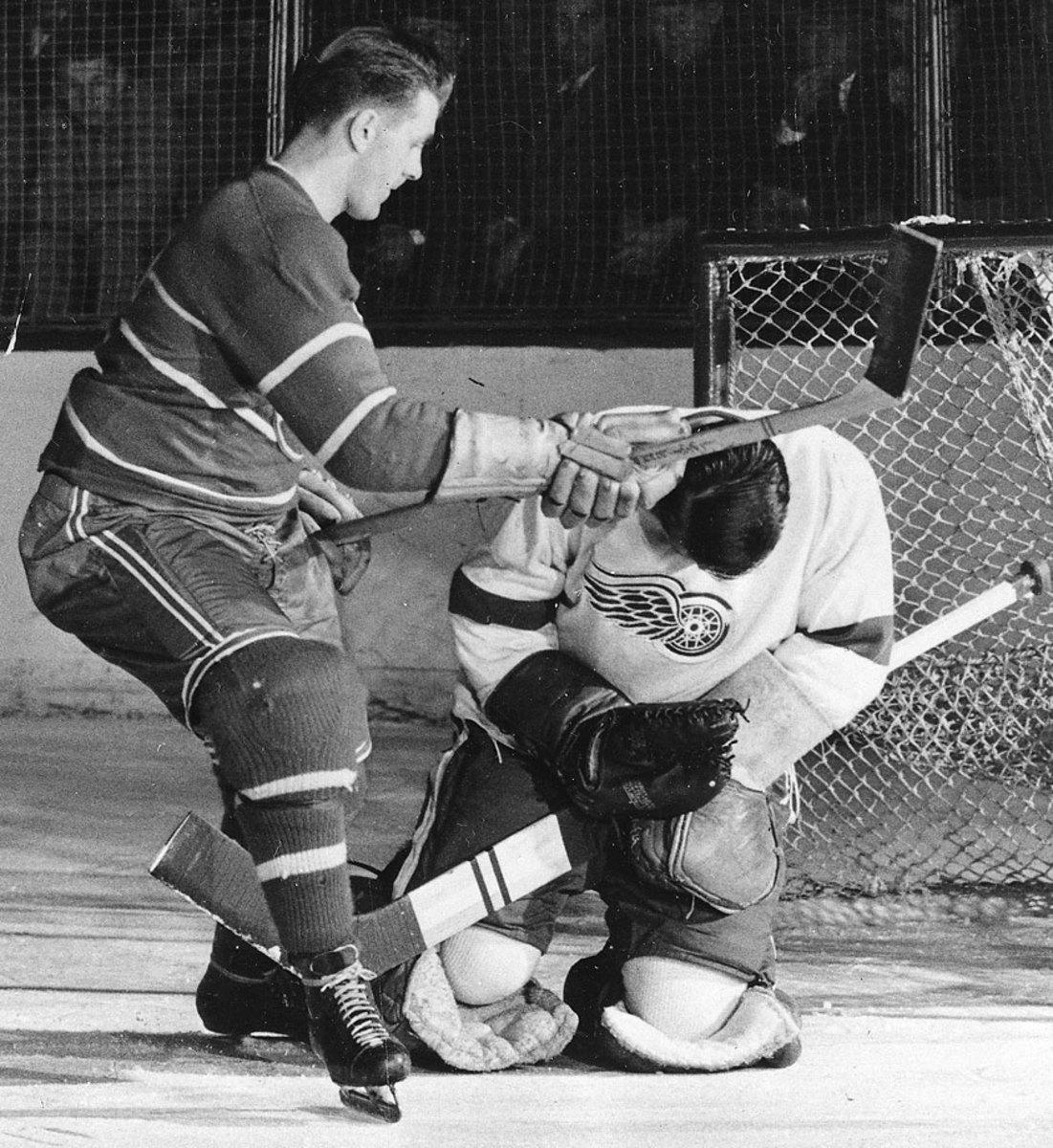
The Rocket was a god to French-speaking Canadiens. When the Montreal Canadiens star was suspended at the tail end of the 1954 season—and for the entire ’54 playoffs—after knocking out an official during a fight with the Boston Bruins, all of Quebec considered it a miscarriage of justice by Commissioner Clarence Campbell. There was rioting in Montreal, and when Campbell next appeared at the Montreal Forum he was pelted with debris, punched by an incensed fan and serenaded by thousands chanting “A bas Campbell,” (“Down with Campbell”). In this picture, Richard is delivering a blow to the head of Detroit goalie Terry Sawchuk in a 1950 game.
Babe Ruth (1922)
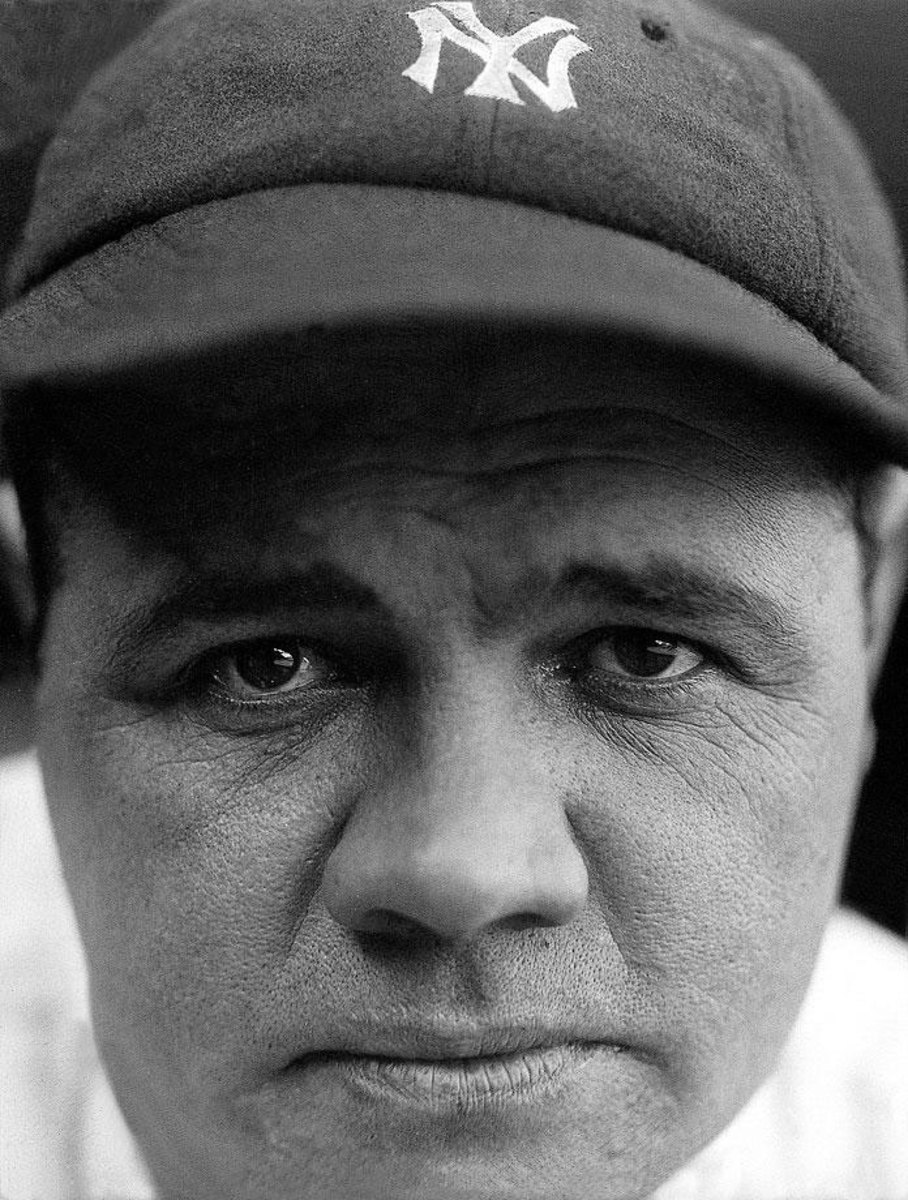
The Bambino was issued many suspensions during his picaresque 22-year career, but the longest was a six-week sit down at the start of the 1922 season ordered by Commissioner Kenesaw Mountain Landis after Ruth and other New York Yankees had participated in an unsanctioned barnstorming tour following the 1921 World Series. The decision helped fortify Landis’ powers as baseball’s first commissioner.
Ty Cobb (1912)
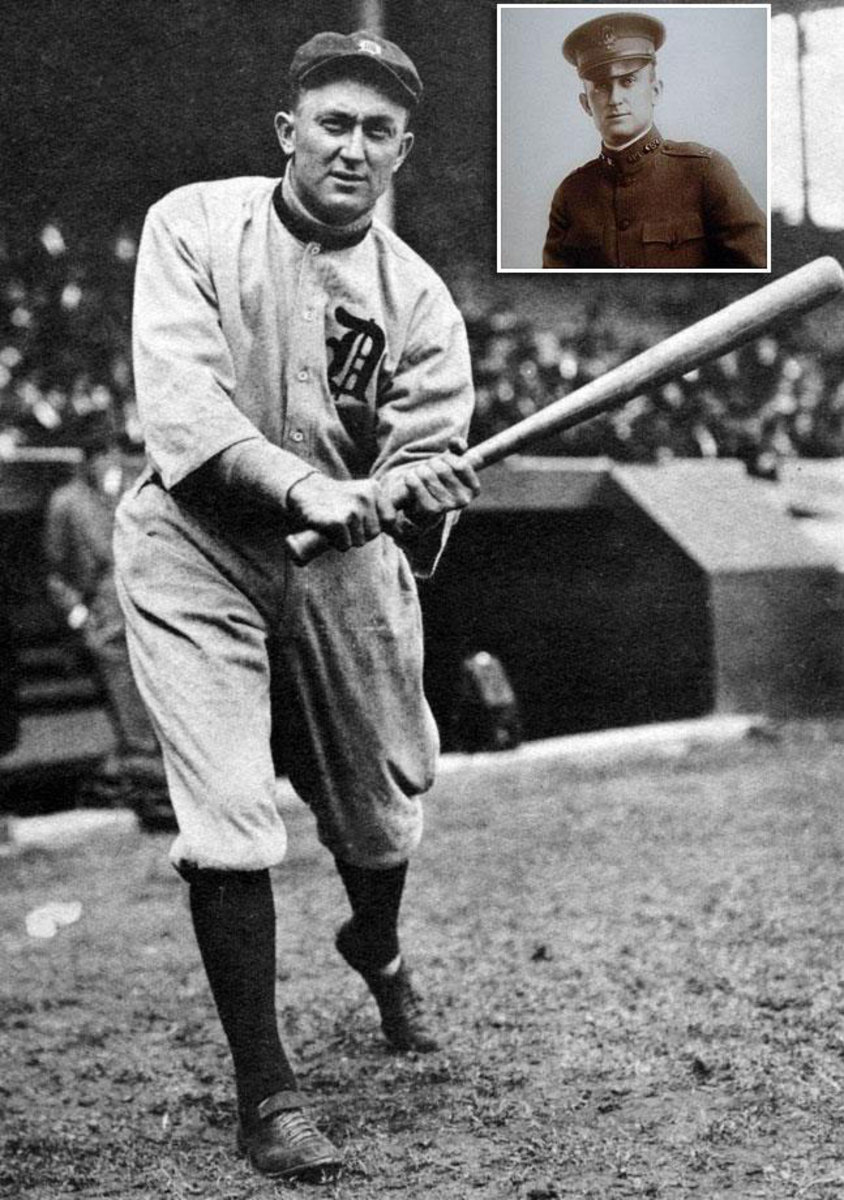
The Georgia Peach received an indefinite suspension from American League President Ban Johnson after going into the stands in New York to attack a fan who had been constantly jeering him. It turned out the man had no hands. Johnson settled on a 10-game suspension and $50 fine after Cobb’s Detroit Tigers teammates staged a protest strike, resulting in a 24-2 loss to the Philadelphia Athletics when Detroit had to play the game with amateurs.
Judge Berman surprised most observers last Wednesday by spending significant court time asking the attorneys about the factual record. While he could do the same this time around—Judge Berman enjoys wide-ranging discretion on how he conducts the proceedings—it is more likely that the judge focuses his questions on process and procedure. This is in part because the fundamental legal question before Judge Berman is whether the NFL lawfully applied Article 46 of the collective bargaining agreement, not whether Brady is innocent or guilty. Also, in briefs filed last Friday, both sides devoted considerable attention to arguments about applicable legal interpretations and standards of review. It seems that both sides’ attorneys anticipate that Wednesday’s hearing will center on process and procedure.
One process topic likely to draw attention on Wednesday is the so-called “law of the shop,” which refers to guarantees of consistency and fairness in arbitration proceedings. The NFLPA insists that the NFL violated the law of the shop by, among other things, failing to provide Brady with advance notice of the type of heavy discipline he would receive for an equipment violation. The basic idea of a notice argument is that if you have been warned that you would face a specific punishment for committing a specific offense, you should not be subject to a harsher punishment if in fact you commit that offense.
To bolster this argument, the NFLPA highlights that under NFL rules, first-time offenses of equipment violations that ““affect the integrity of the competition and can give a team an unfair advantage” only result in fines. This specific rule, the NFLPA maintains, should trump the more general requirement that Brady avoid conduct detrimental to the league. The NFLPA also tries to compare a lack of notice for Brady to the lack of notice for Ray Rice and Adrian Peterson, both of whom defeated the NFL on grounds that they were punished more excessively than the rules had indicated.
The NFL categorically rejects the NFLPA’s notice argument, stressing that Goodell, as the arbitrator in Brady’s appeal, reasonably concluded that Brady had adequate notice under the law of shop. The NFL further maintains that Goodell, as the arbitrator, was not bound by appeals in the Adrian Peterson, Ray Rice and Bountygate controversies. The NFL cites various cases where courts permit inconsistent arbitration awards on grounds that such awards are not binding precedent and that federal law requires judges to accord high deference to arbitrators.
5. Judge Berman will more aggressively warn the two sides of the consequences of not settling
Judge Berman has warned the two sides that if they don’t reach a settlement, their litigation could last two years. This admonition is not news to the attorneys, who know that if they fail to strike a deal their litigation will probably continue into 2016 and possibly into 2017.
Tom Brady and Controversy
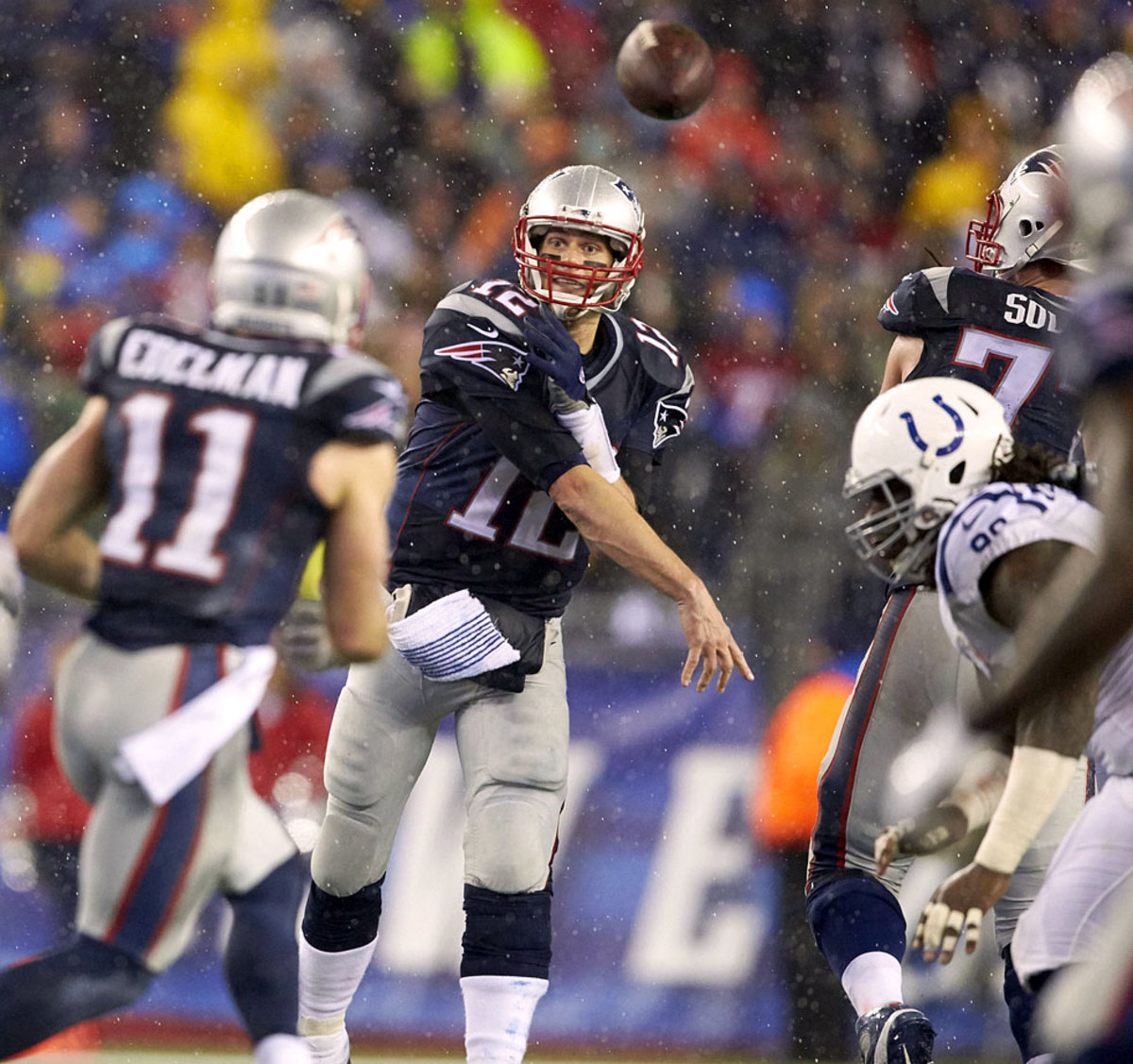
With commissioner Roger Goodell refusing to reduce Tom Brady's four-game suspension for his role in the Patriots using deliberately deflated footballs in the 2014 AFC Championship Game, here's a look back at Brady and controversy.
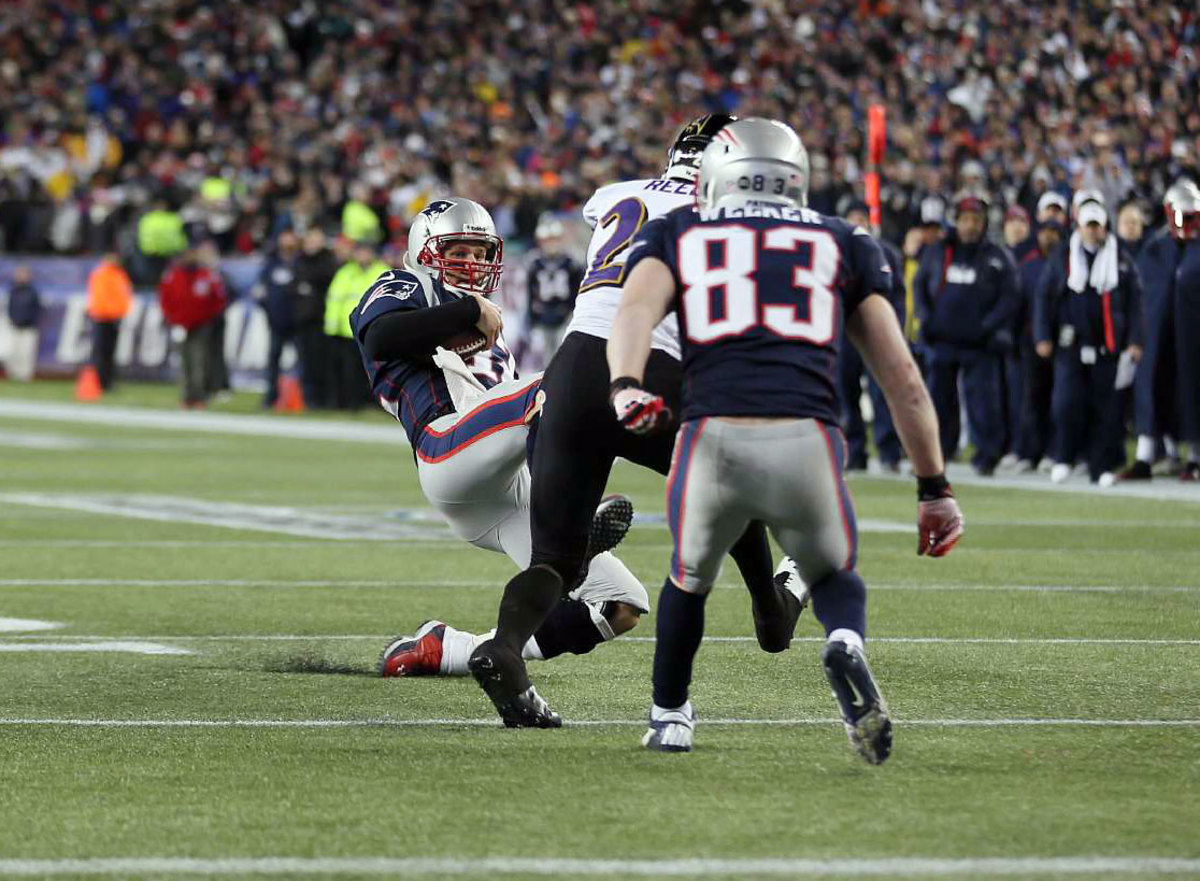
Tom Brady drew a $10,000 fine for a cleats up slide late in the first half of the 2013 AFC Championship Game. Brady slid to avoid a hit from Ravens safety Ed Reed with his right foot high and cleats exposed to Reed, almost like a baseball player breaking up a double play. "You've got to keep the legs down," said Ravens safety Bernard Pollard. "We all know and understand what's going on there. When you come sliding, and your leg is up in the air trying to kick somebody, that's bull crap."
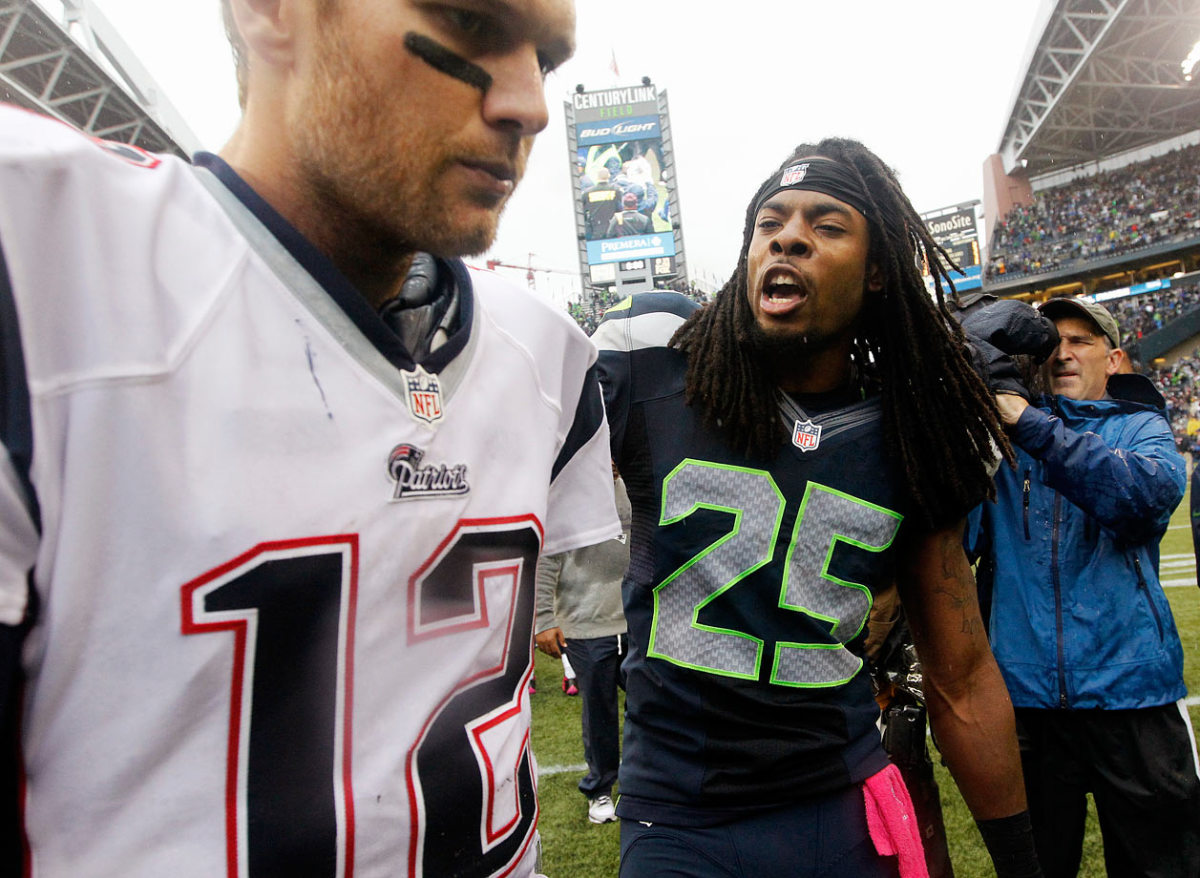
A triumphant Richard Sherman taunted Brady after Seattle beat the Patriots on Oct. 14, 2014. Sherman intercepted Brady in the third quarter, which prompted Brady to tell the second-year cornerback to "see him after the game when they win," Sherman said. When the Seahawks came out on top, Sherman called the Patriots "a gimmick offense" and posted a photo of himself with a dejected Brady, along with the caption "U MAD BRO?"
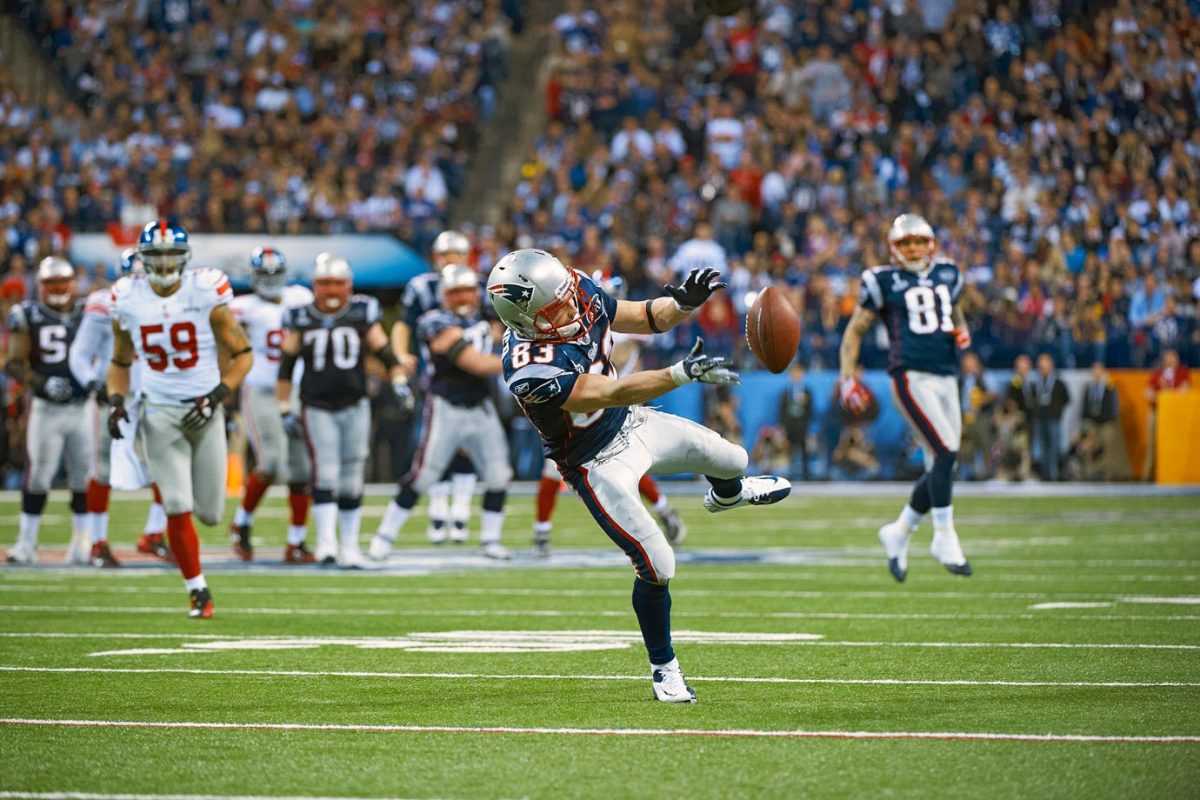
On second-and-11 with four minutes remaining in the fourth quarter of Super Bowl XLVI, Patriots wide receiver Wes Welker found some space on a go route but couldn't haul in the pass from Tom Brady. Although Brady's throw was high and to Welker's outside shoulder, the pass hit Welker in the hands, leading to a debate weeks after the game over who was more at fault, Brady or Welker. The New York Giants took advantage of the miscue to come back and defeat the Patriots 21-17.
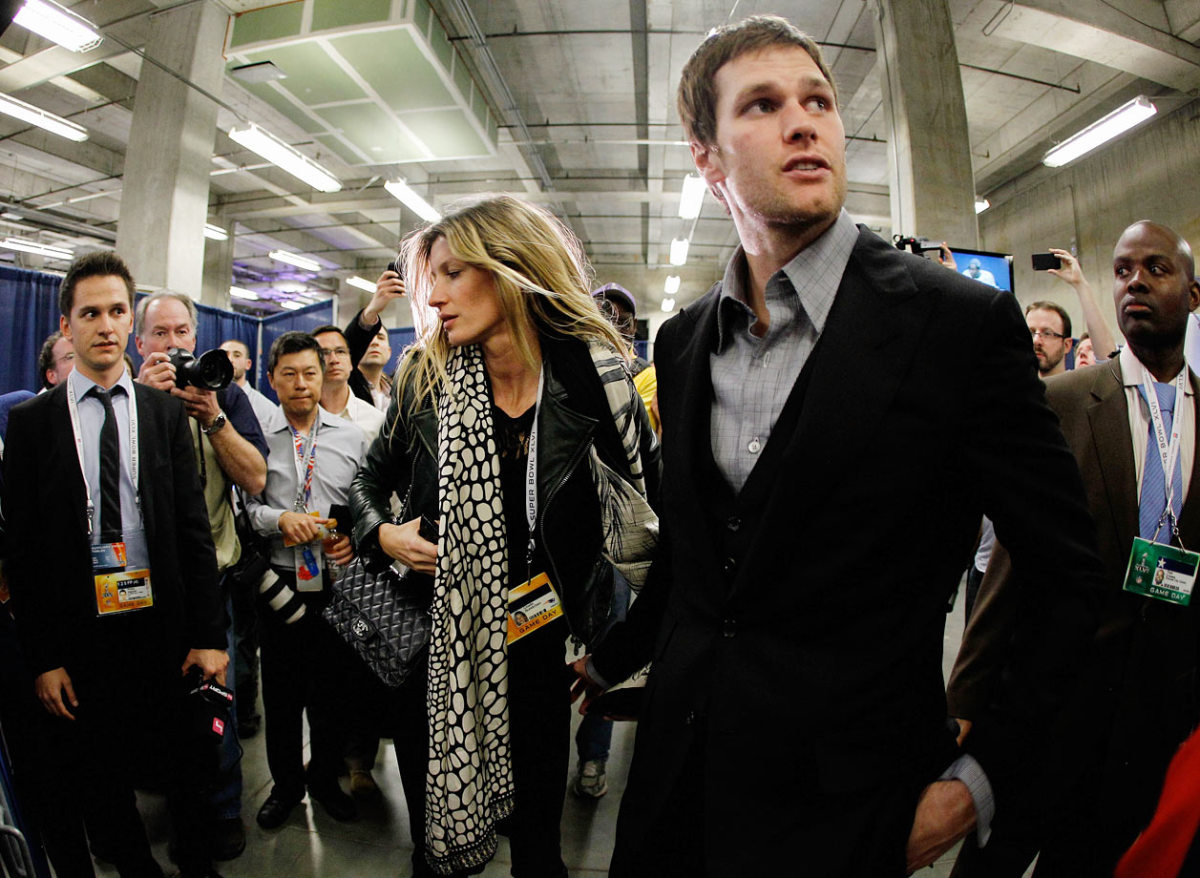
Following the Super Bowl XLVI loss to the Giants, Brady's wife, Gisele Bunchen, vented her frustrations with the play of her husband's receivers. After being heckled by Giants fans while waiting for an elevator, Bundchen told people in her group, "My husband cannot f-----g throw the ball and catch the ball at the same time. I can't believe they dropped the ball so many times." Bundchen's remark was caught on video and posted to the insider.com, a gossip website.
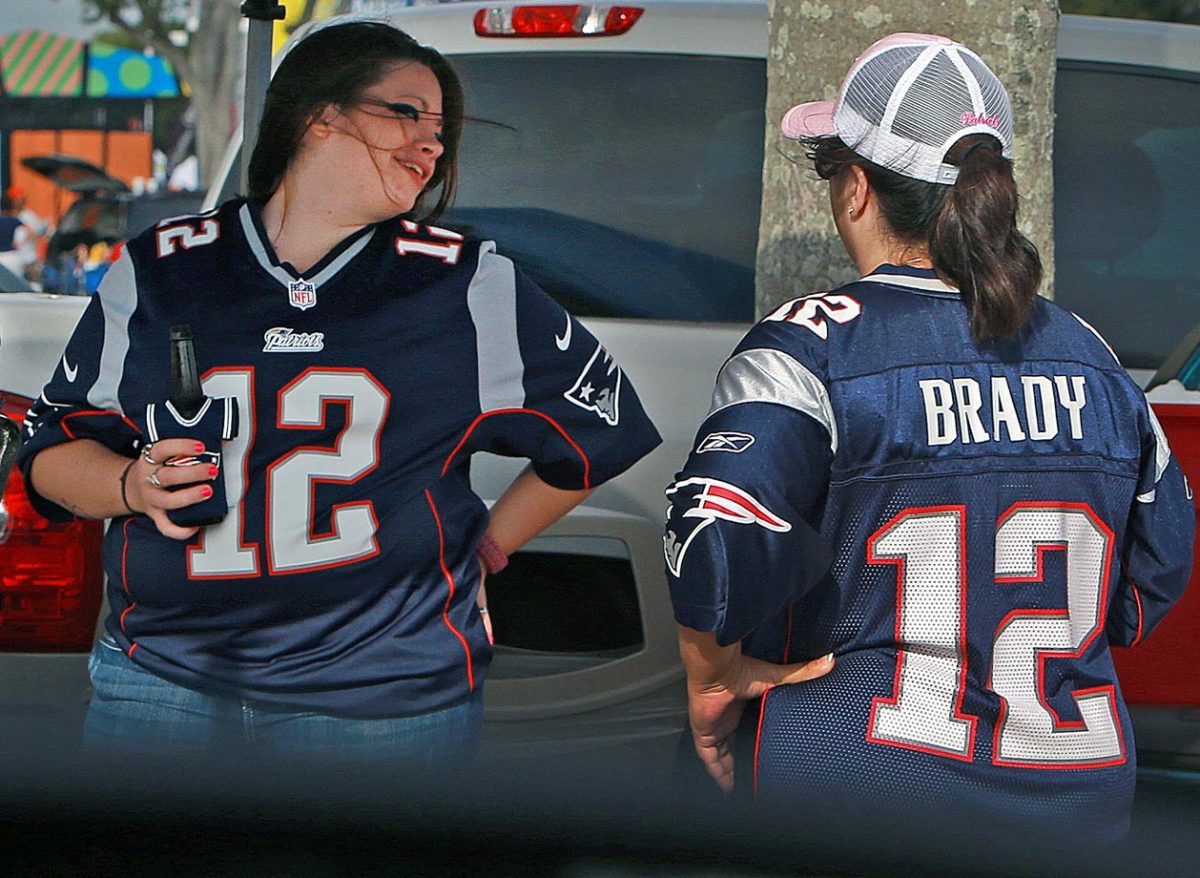
Before New England's 2011 home opener, Brady had a message for Patriots fans to ensure the team has a strong home-field advantage. "Start drinking early," Brady said. "Get nice and rowdy. It's a 4:15 game, a lot of time to get lubed up." Quick to avoid promoting heavy drinking, the Patriots attempted to clarify that Brady meant "Stay hydrated, drink a lot of water. Be loud, drink responsibly."
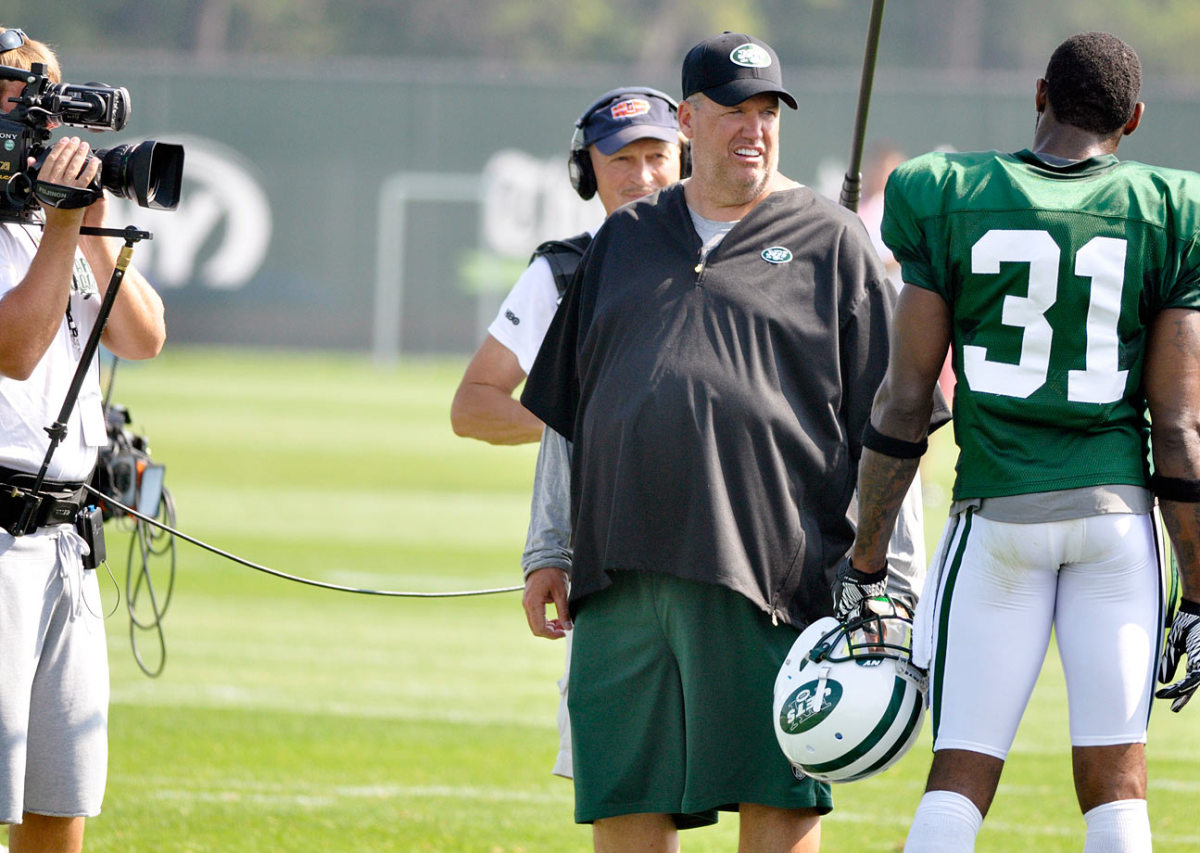
While it may be no surprise Brady wouldn't have fond feelings for the rival New York Jets, the quarterback made clear how he felt about them when asked if he was watching their season of the HBO series "Hard Knocks" in 2010. "I hate the Jets," Brady told WEEI 93.7 FM, a Boston sports radio station. "So I refuse to support that show."
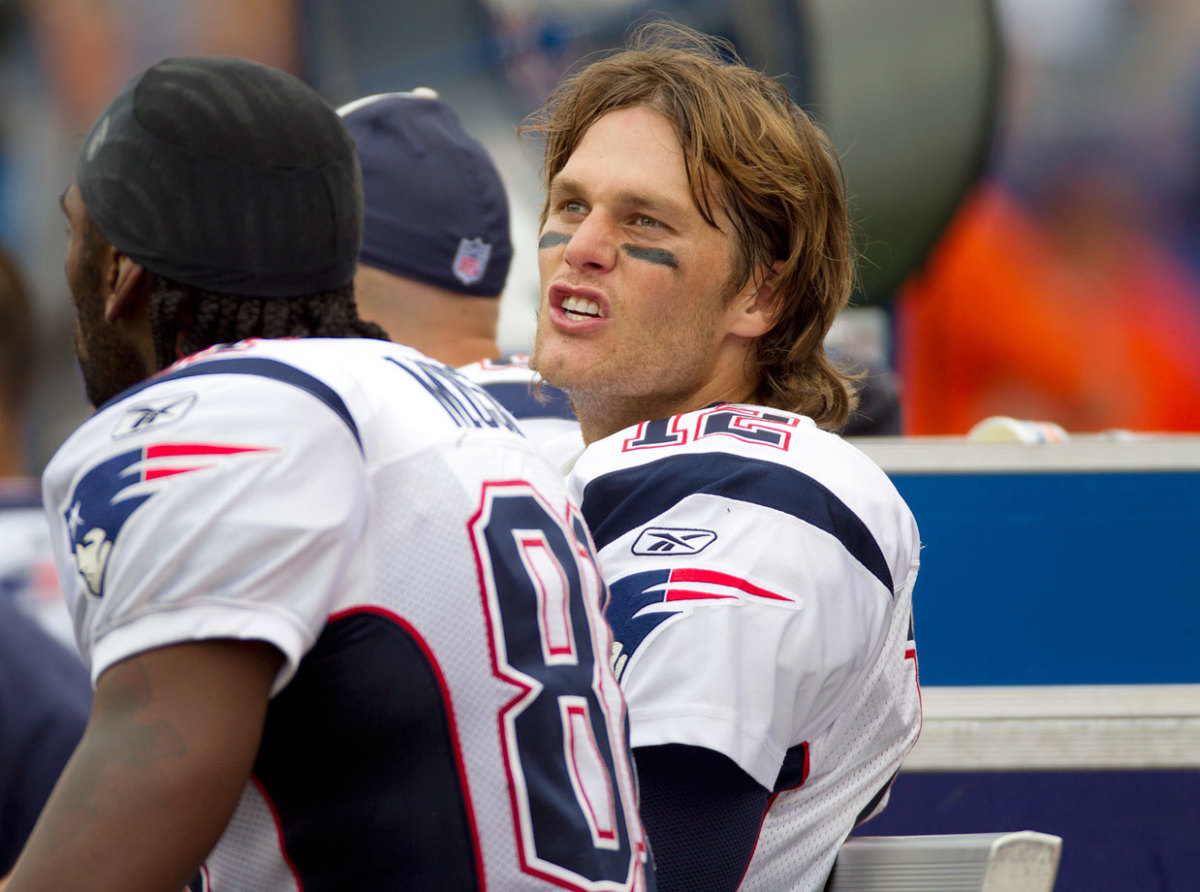
Brady expressed his disappointment with the Patriots faithful after New England's 2010 home opener. "The road environment is very different than our friendly home crowd who, when I looked up, half the stadium was gone when we were up 21 points in the early fourth quarter -- which I wasn't so happy about," Brady said after the game. "I don't think Jets fans leave early. They're going to be loud the whole game."
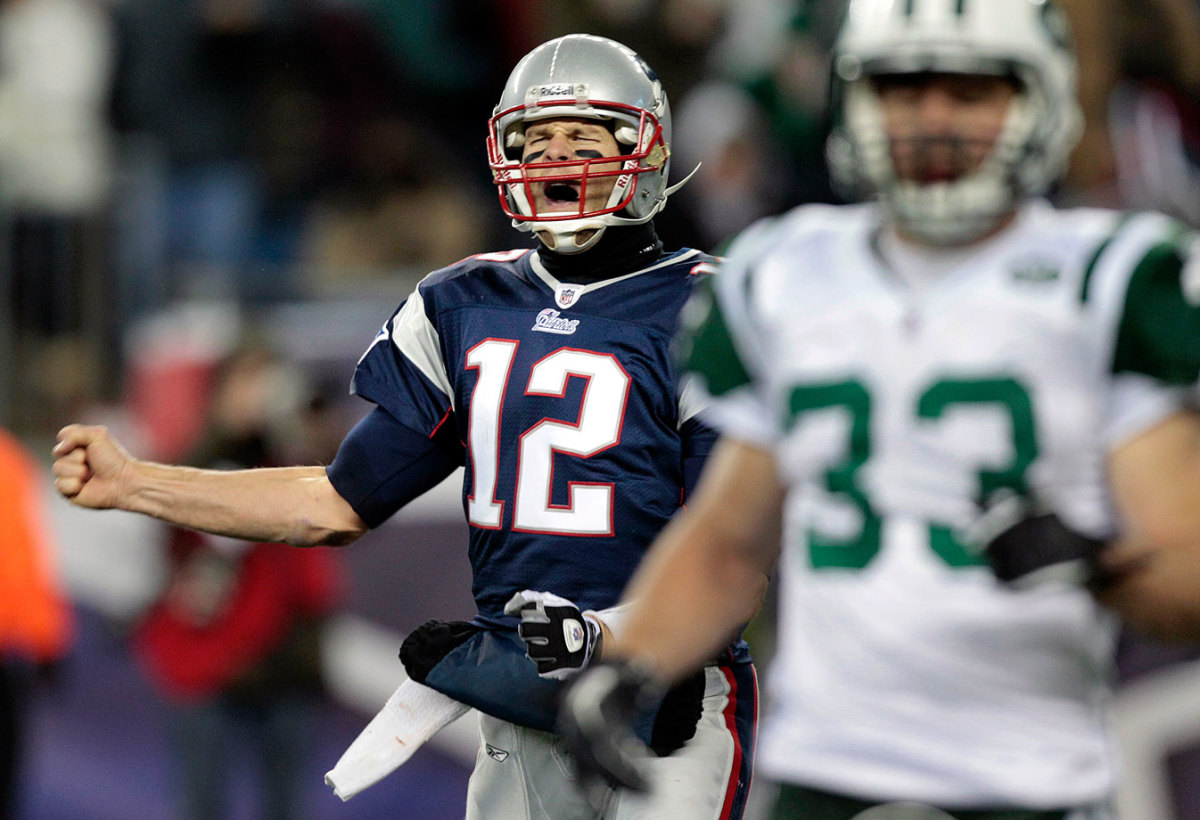
Brady had a little fun with his least favorite team in 2010, when the Patriots dominated the Jets 45-3. The New England quarterback jawed at the New York sideline after two touchdowns, including once in the direction of Jets head coach Rex Ryan. Ryan was not amused with Brady's taunts. "[Brady] took a shot at me by his antics on the field," Ryan said. "He always points [to everybody] after he scores."
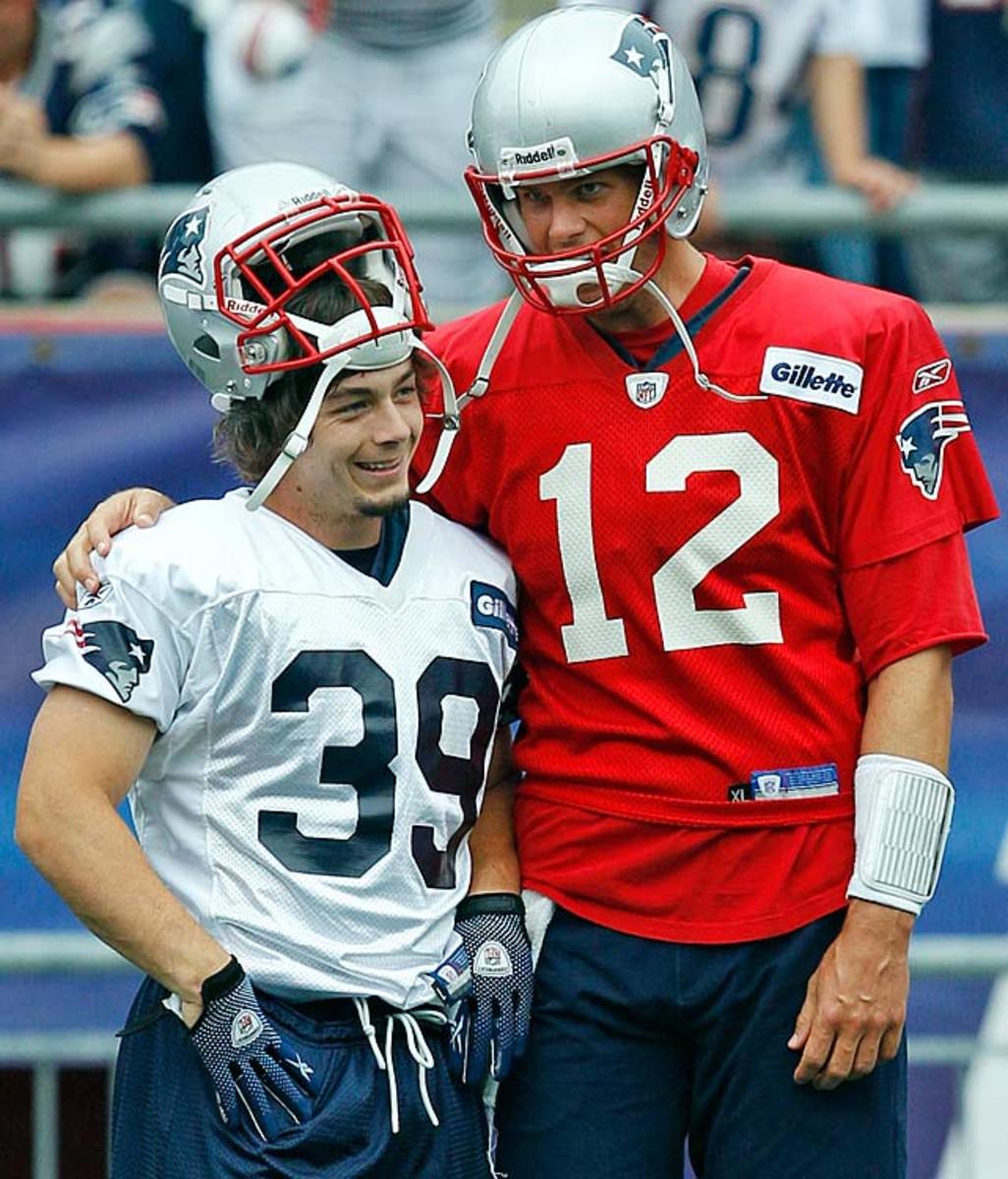
In the last of Brady's memorable dustups with Gang Green, the quarterback took some added satisfaction in the success of Danny Woodhead because the running back had been released by the Jets prior to joining the Patriots. "We saw him [his first week] in practice, what he was capable of doing, and said, 'Why did the Jets release that guy?'" Brady said after Woodhead scored two touchdowns against the Bills on Nov. 11, 2012. "They had him playing receiver, and he was a running back in college."
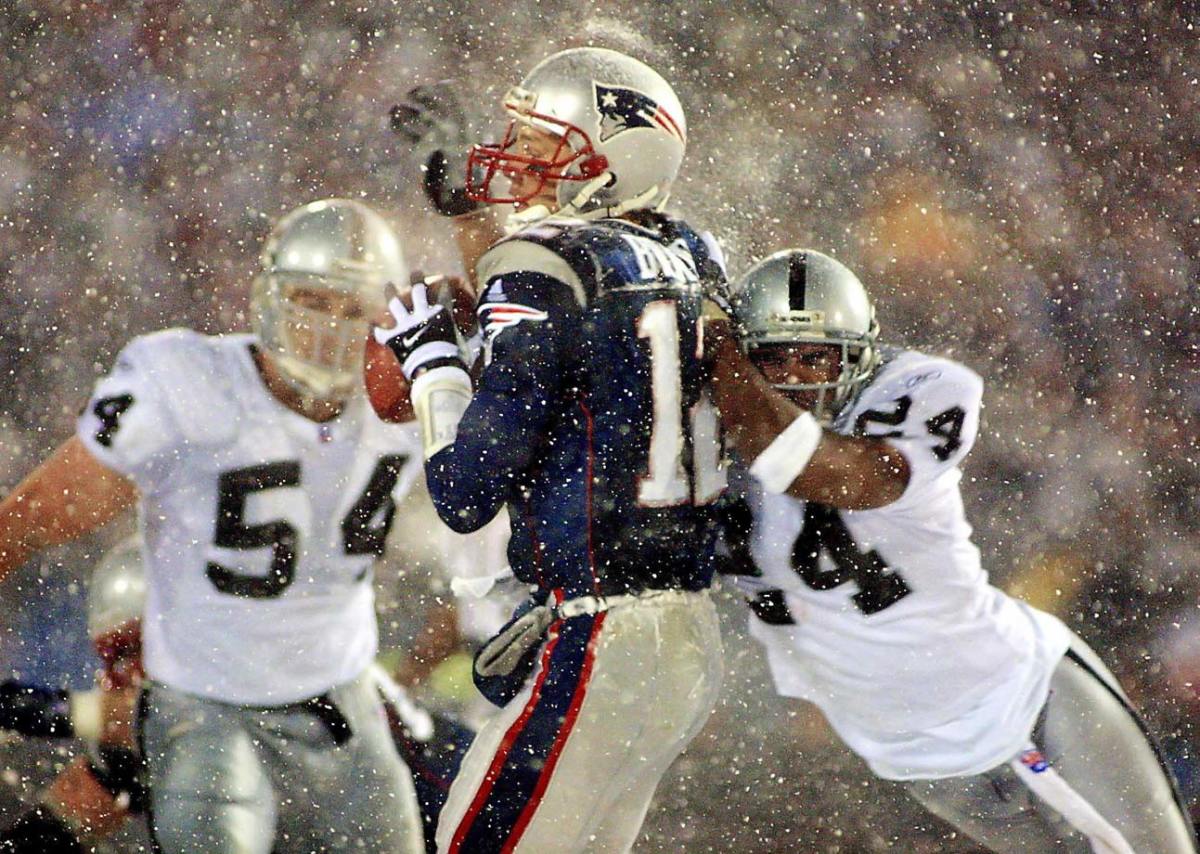
Never has the distinction between "attempting to tuck" and "has tucked" been more controversial than in the AFC divisional playoff game between the Patriots and Raiders on Jan. 19, 2002. With the Patriots driving toward a game-tying field goal, cornerback Charles Woodson knocked the ball from Brady's hands, and linebacker Greg Biekert recovered it. The game-sealing fumble was overturned however, when upon review the referees ruled that Brady was still in the process of tucking the ball even though it had already made contact with his non-throwing, left hand. The Patriots won the game in overtime, while the Raiders fumed.
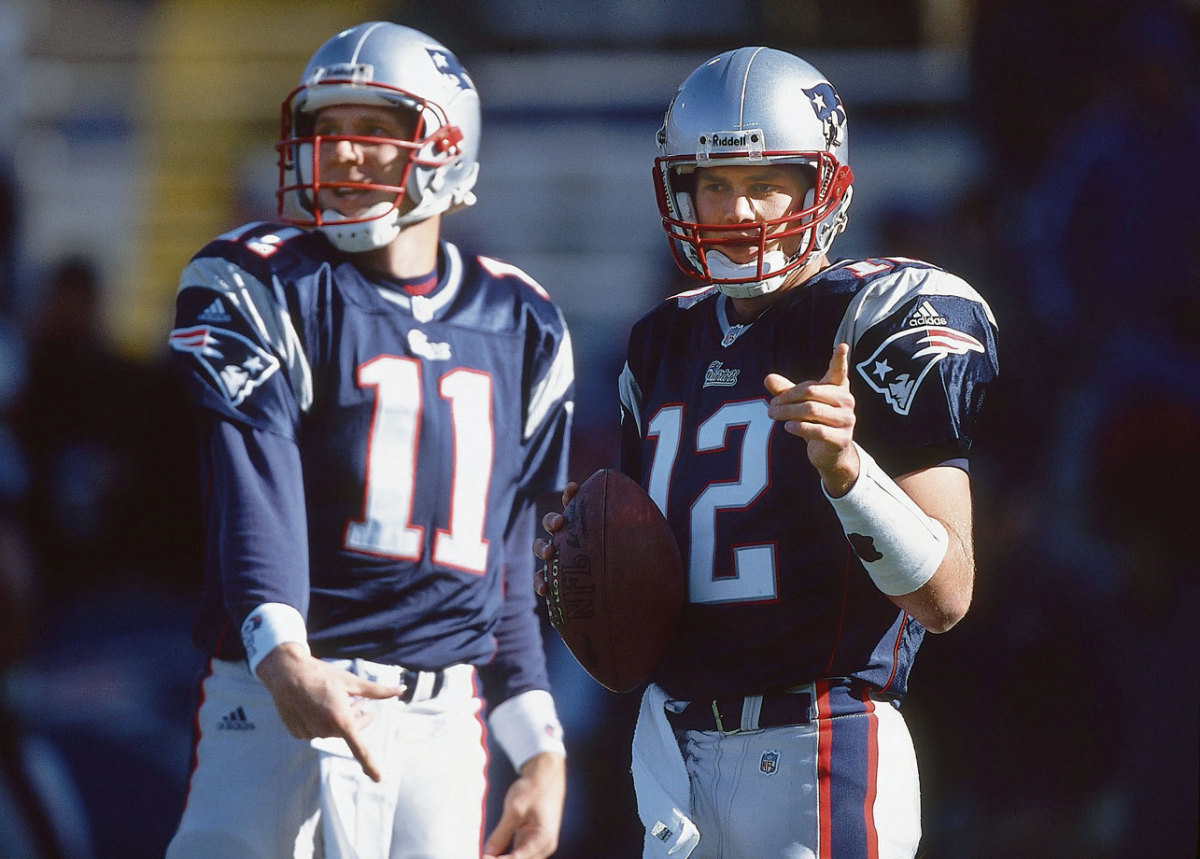
It may be hard to recall now, but Brady wasn't always the quarterback icon he is considered today. Head coach Bill Belichick had quite the quarterback controversy in 2001, when the second-year quarterback Brady shined while filling in for an injured Drew Bledsoe. After Brady led the Patriots to a 5-2 record following their 0-2 start under Bledsoe, Belichick stuck with Brady even after the three-time Pro Bowl incumbent was healthy again. Perhaps controversial at the time, the move clearly paid off for the Patriots.
Such a delay is a reminder that the legal system moves at a much more methodical and sometimes glacial pace than does the internal justice system of a professional sports league. Consider the likely aftermath of Judge Berman issuing a decision to vacate or confirm Brady’s suspension. The “loser” of that decision would have the right to appeal to the U.S. Court of Appeals for the Second Circuit for review by a three-judge panel. The loser would also ask the three-judge panel to expedite its review. Even if the panel expedited its review, such a review would likely take at least a couple of months; “expedited” review does not mean “instant” review. Also, the three-judge panel could easily decline to expedite its review. After all, whether a professional football player can play in four football games is a much less important legal controversy than, say, whether a citizen can be incarcerated or whether a policy that would impact many people should be deemed lawful. In the absence of an expedited review, the panel would likely issue a decision on the Brady case sometime in 2016.
The decision of the three-judge panel would also not necessarily represent the end of the Brady litigation. The loser of that decision could petition the Second Circuit for what’s called an “en banc” review. If granted, an en banc review would involve a review by 15 of the judges who sit on the Second Circuit. By this point, it would likely be well into 2016, perhaps during the 2016 NFL season. Later, the losing party could petition the U.S. Supreme Court, which if it heard the case would push the timetable into 2017. If none of the appeals work, it's conceivable (depending on whether an injunction is granted) that the parties could move towards a full trial, a decision in which would be subject to yet another round of appeals. Brady could be in his 40s and retired from the NFL by the time the litigation actually ends.
Judge Berman realizes that both sides’ attorneys are already aware of these consequences. Nonetheless, and especially with Brady and possibly also Goodell absent from court, Judge Berman might remind the attorneys that while they may have selfish reasons to see that the litigation and thus billable hours continue, Brady and Goodell are in a different position. A cloud of legal uncertainty hanging over their heads indefinitely probably isn’t in their best interests.
6. Don’t expect an ending on Wednesday
If you are hoping for a resolution on Wednesday, you will most likely be disappointed. Both sides have compelling reasons to not settle, especially on the question of admission of fault in a ball deflation scheme. Brady may have concluded that he’s better off maintaining his innocence and losing in court than admitting to any knowledge of an alleged ball deflation scheme—an admission that might contradict Brady’s sworn testimony and even raise the risk of perjury charges. Similarly, Goodell may have concluded he’s better off insisting on Brady’s guilt and losing in court than cutting a deal with a player. Such a settlement could encourage future suspended players to sue the NFL in hopes of settling down the suspension.
As an additional sign that no deal will be struck anytime soon, Judge Berman on Wednesday scheduled an additional hearing for Monday, Aug. 31. The judge has required that both Brady and Goodell attend this hearing, thereby giving them an incentive to strike a deal in the meantime in order to avoid having to spend Aug. 31 in court. Chances are that no settlement will be reached and we’ll instead see Brady and Goodell—or at least highly scrutinized courtroom sketches of Brady and Goodell—spending another day with Judge Berman.
Michael McCann is a Massachusetts attorney and the founding director of the Sports and Entertainment Law Institute at the University of New Hampshire School of Law. In the fall 2015 semester, he will teach an undergraduate course at UNH titled “Deflategate.” McCann is also the distinguished visiting Hall of Fame Professor of Law at Mississippi College School of Law and he teaches “Intellectual Property Law in Sports” in the Oregon Law Sports Law Institute.
